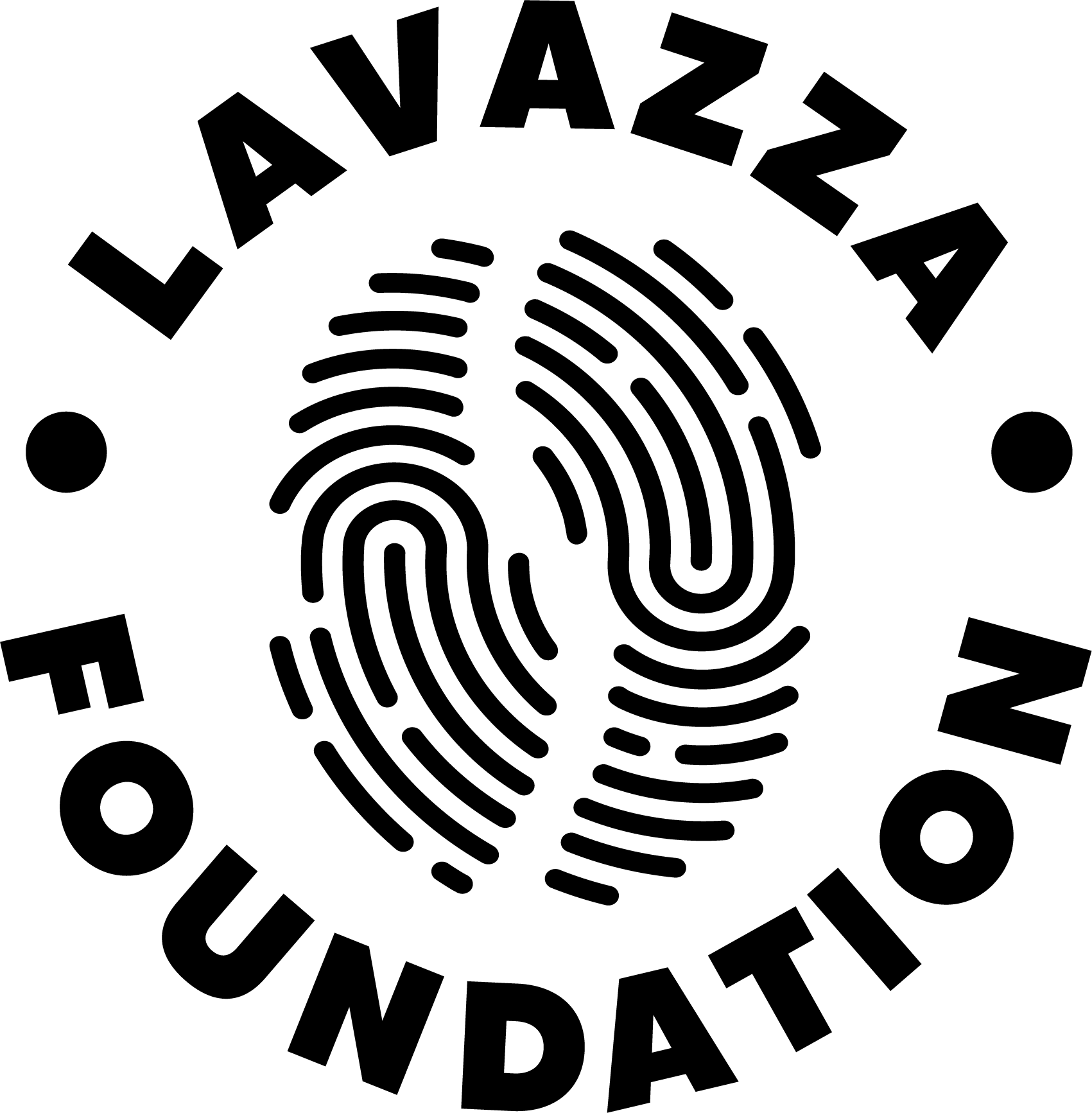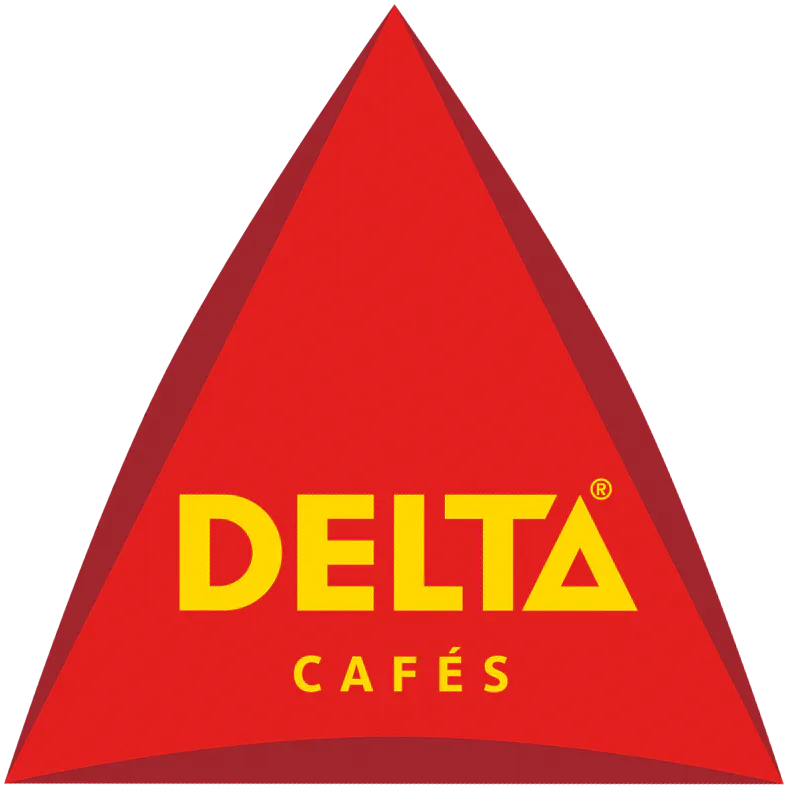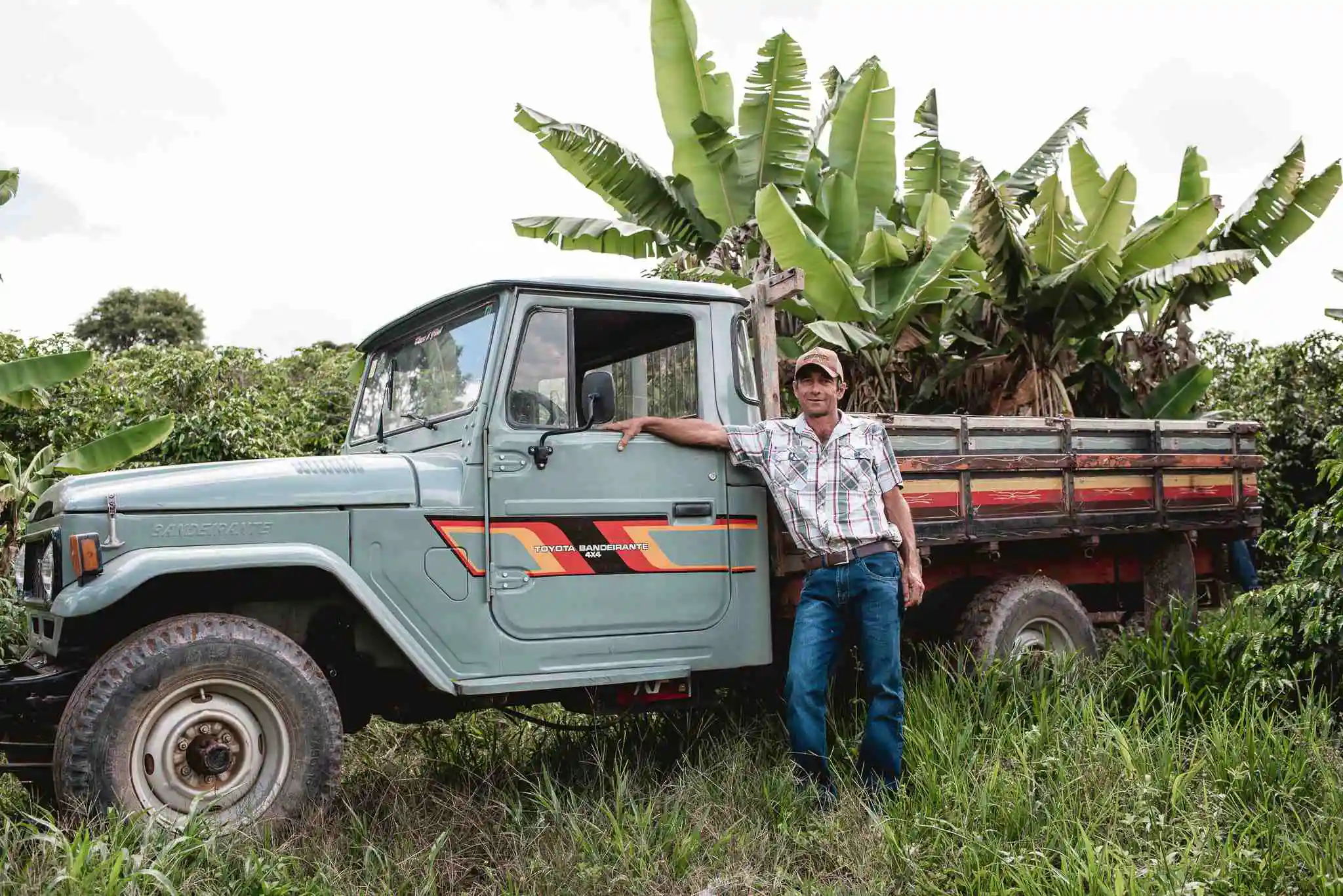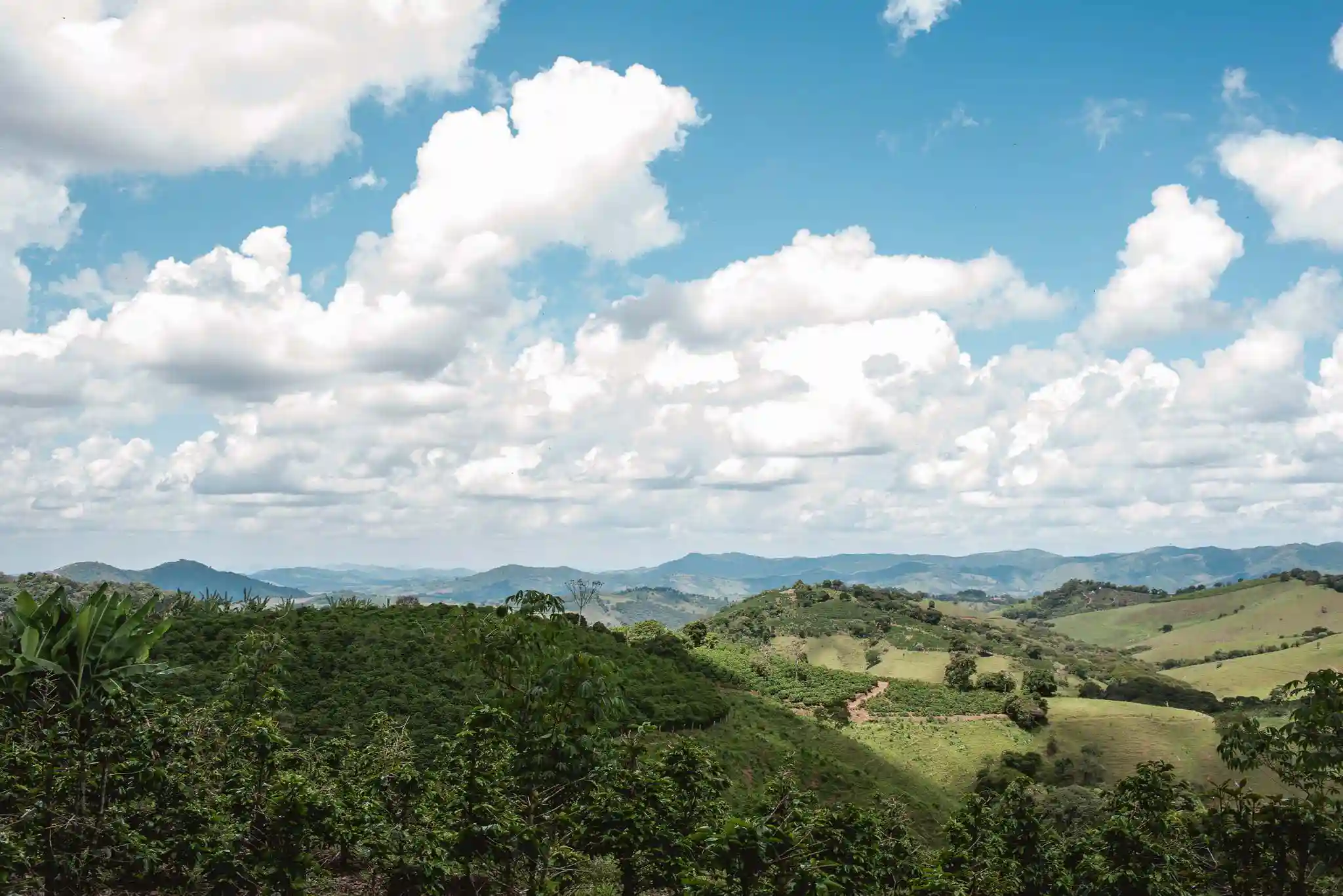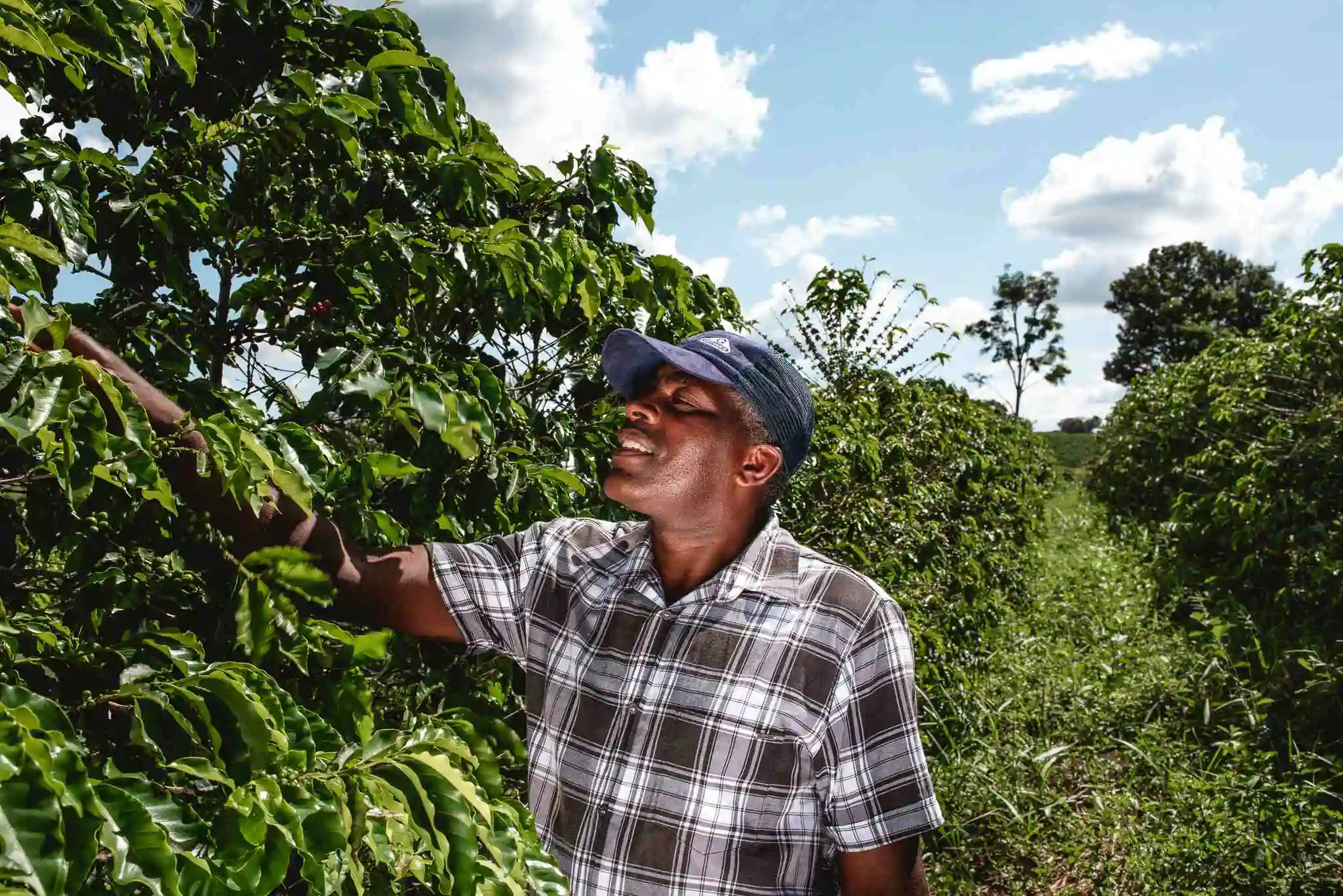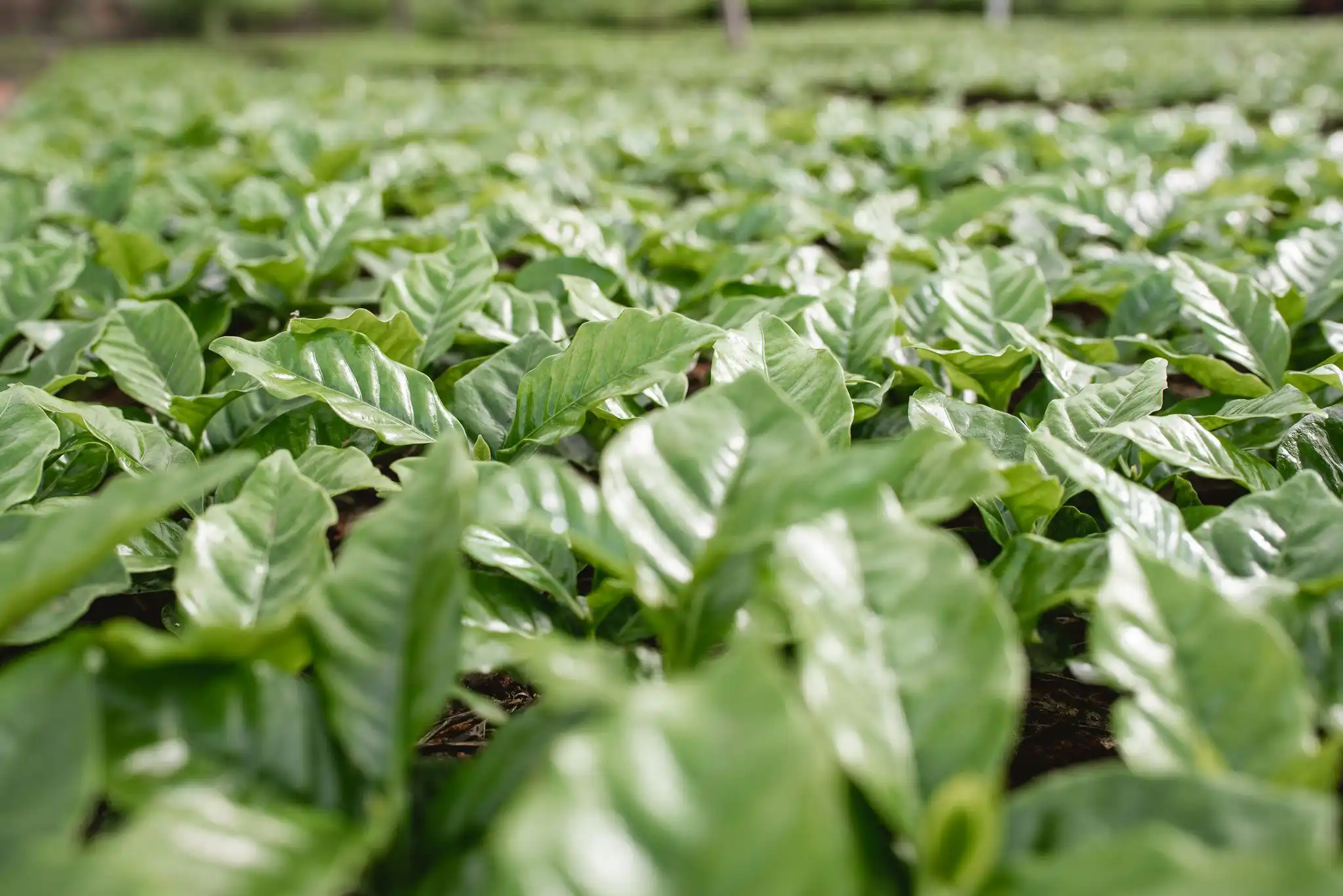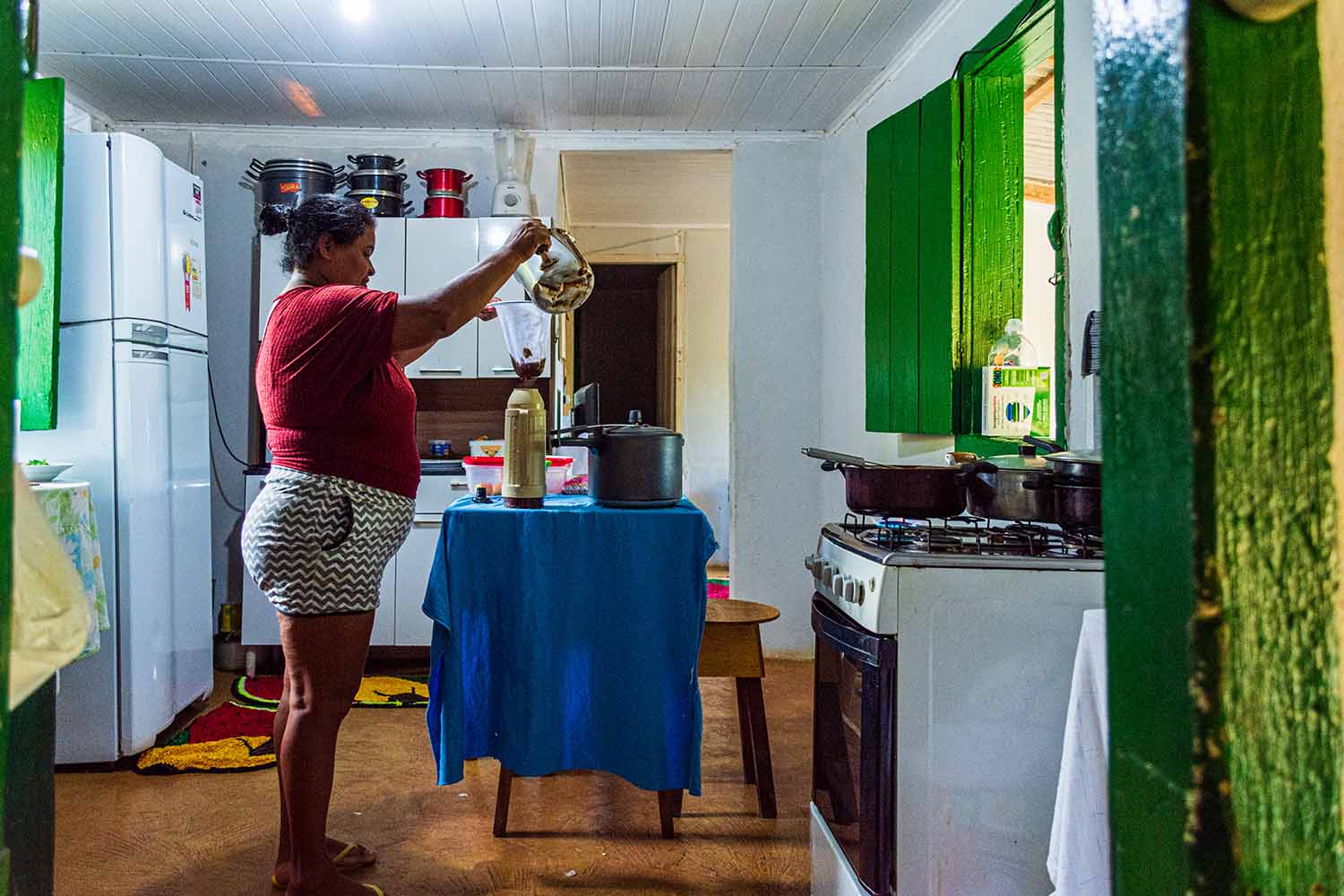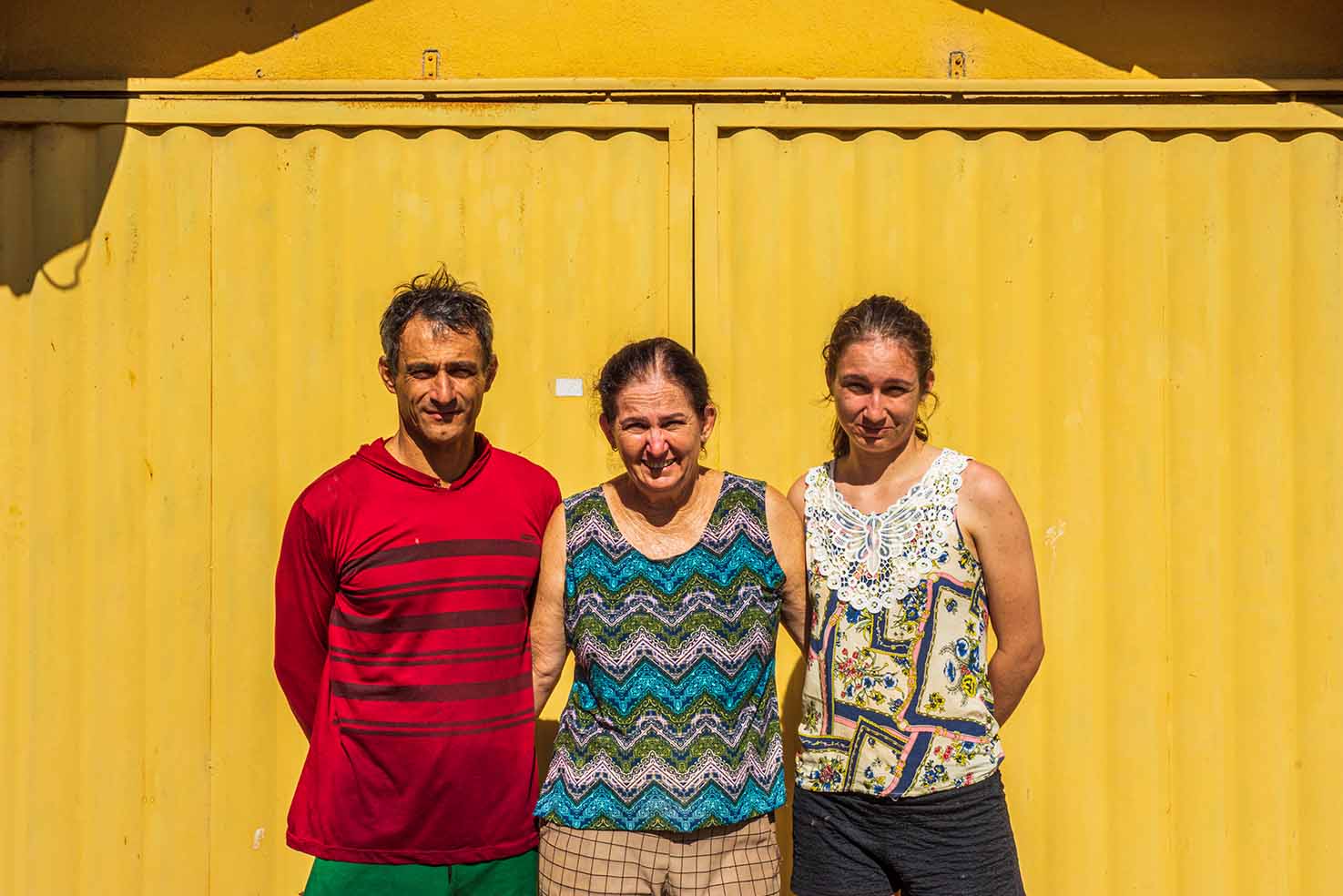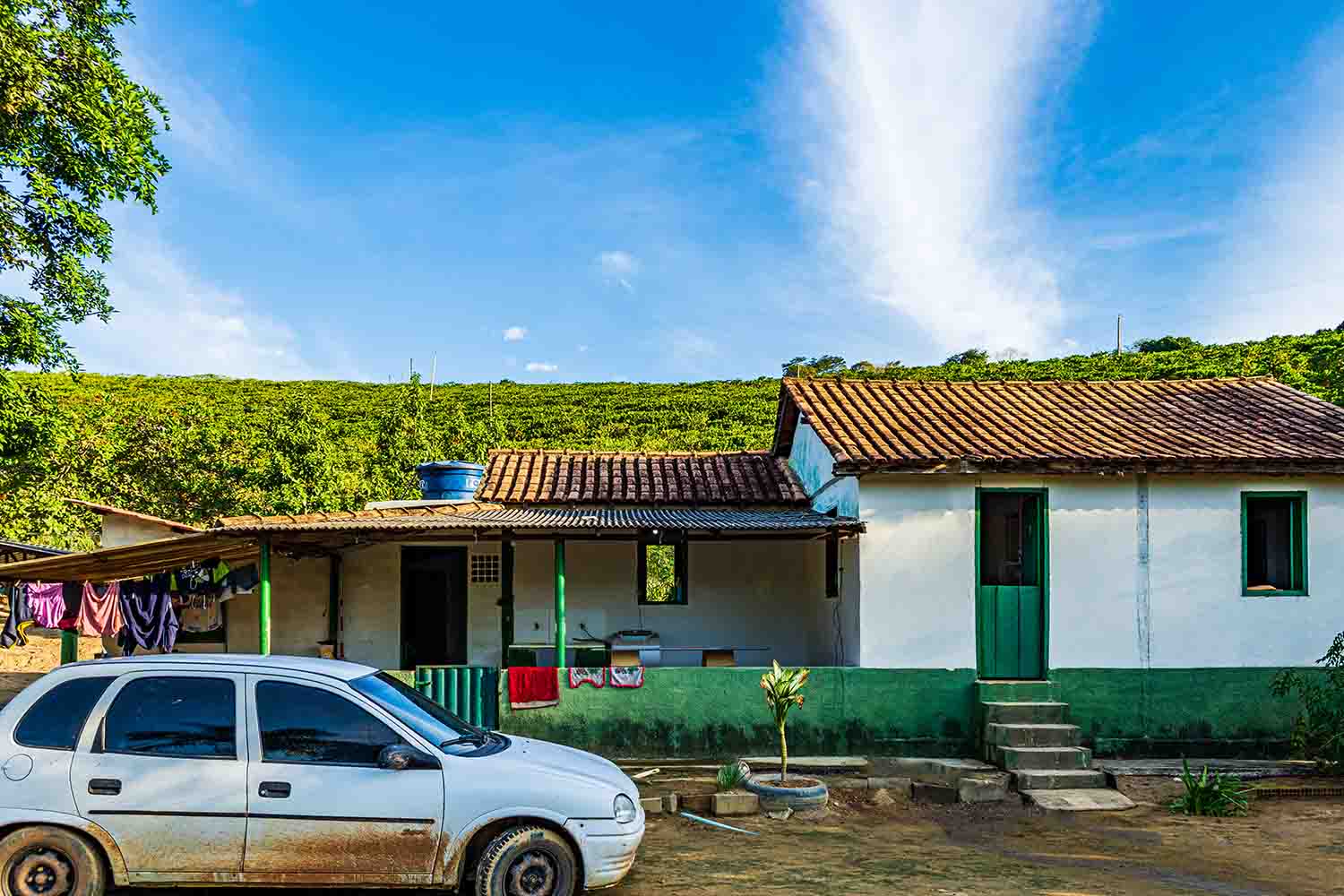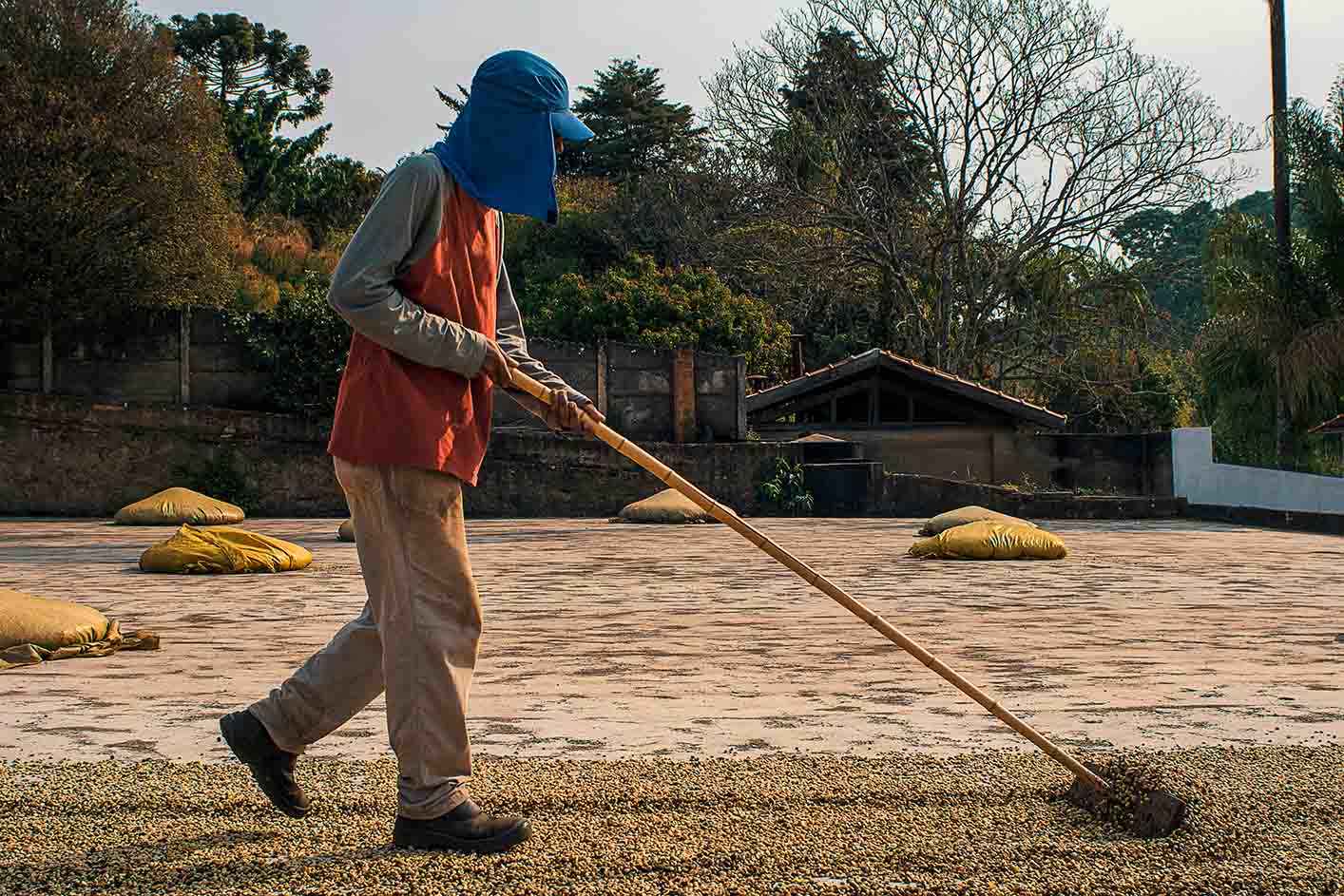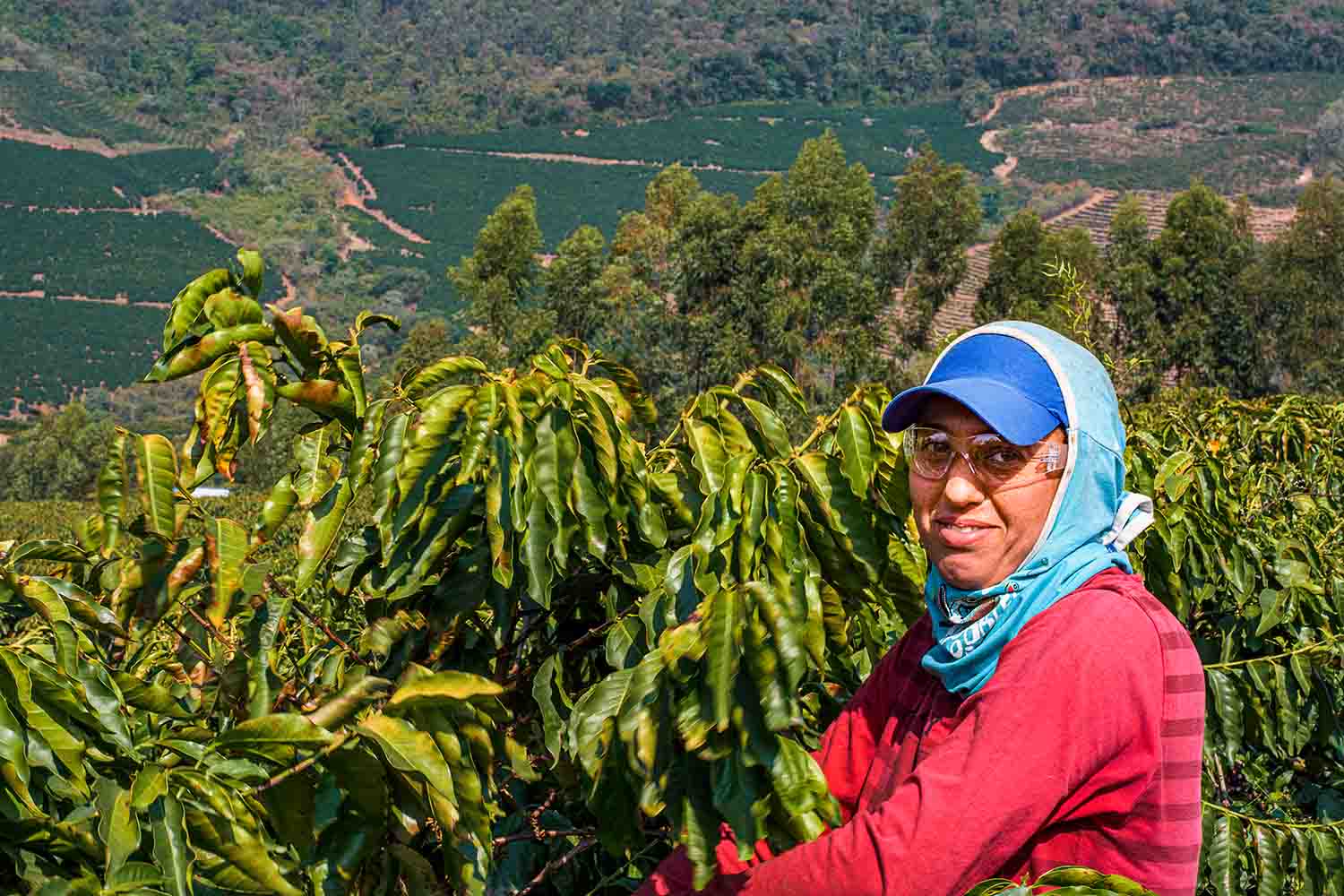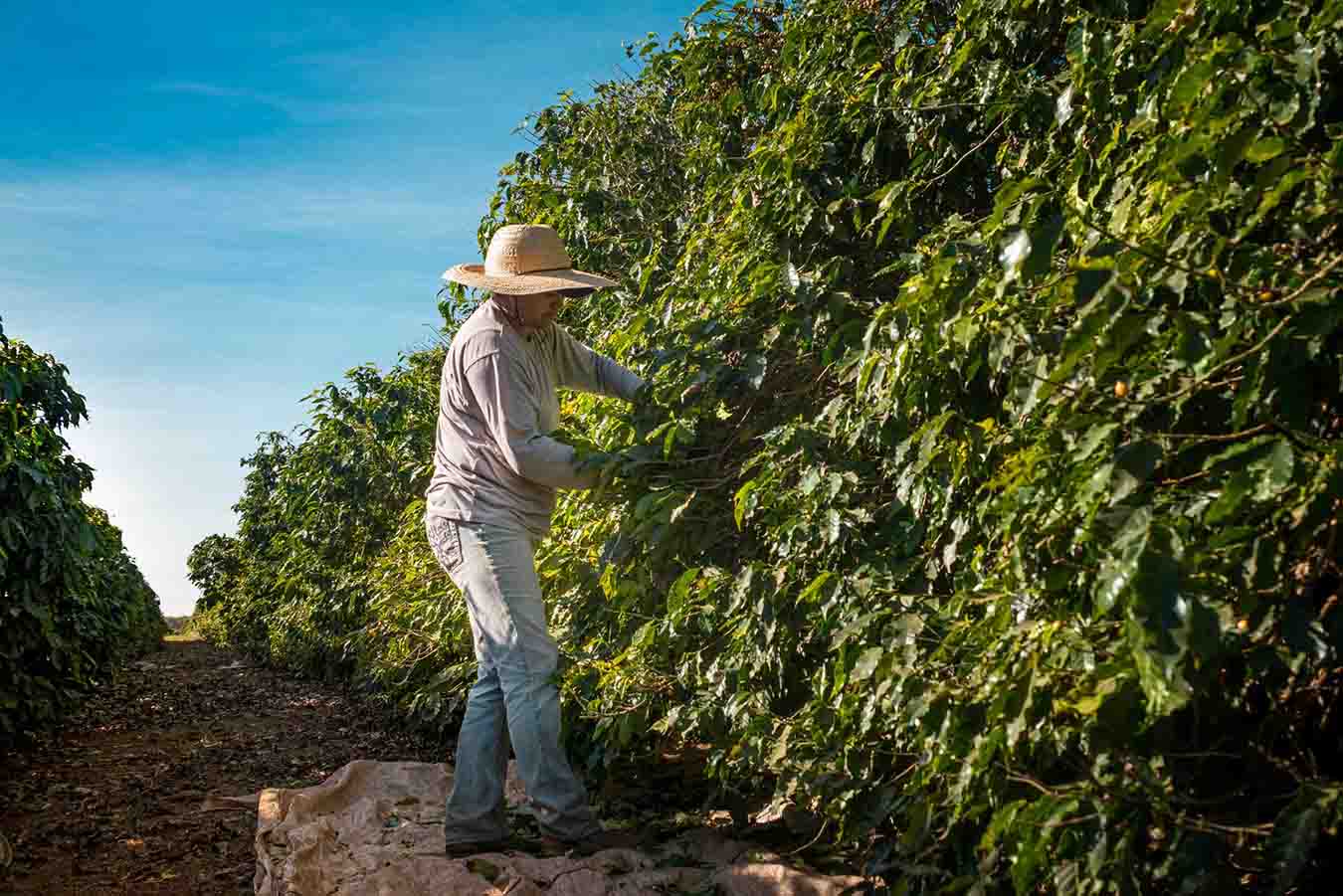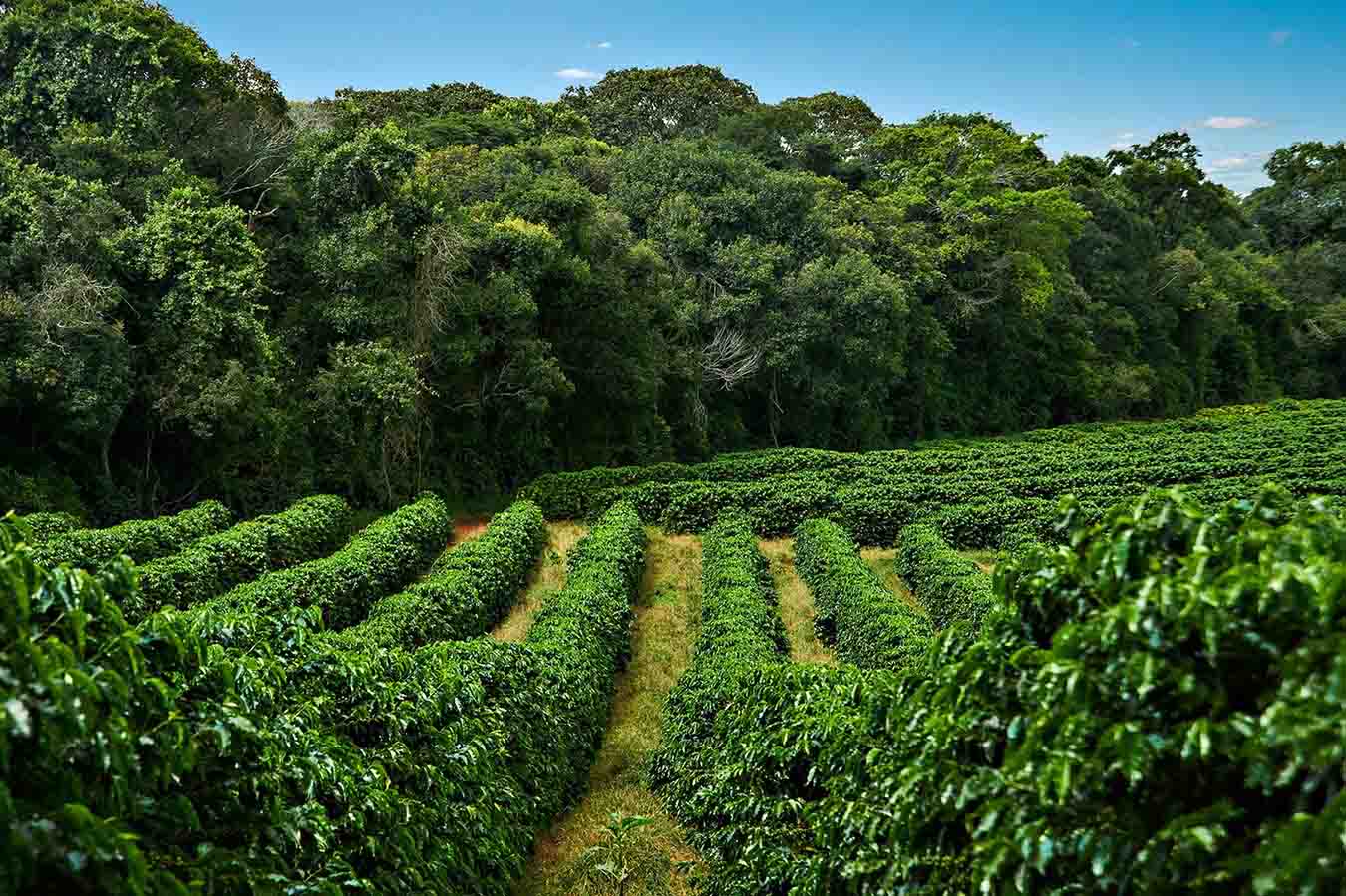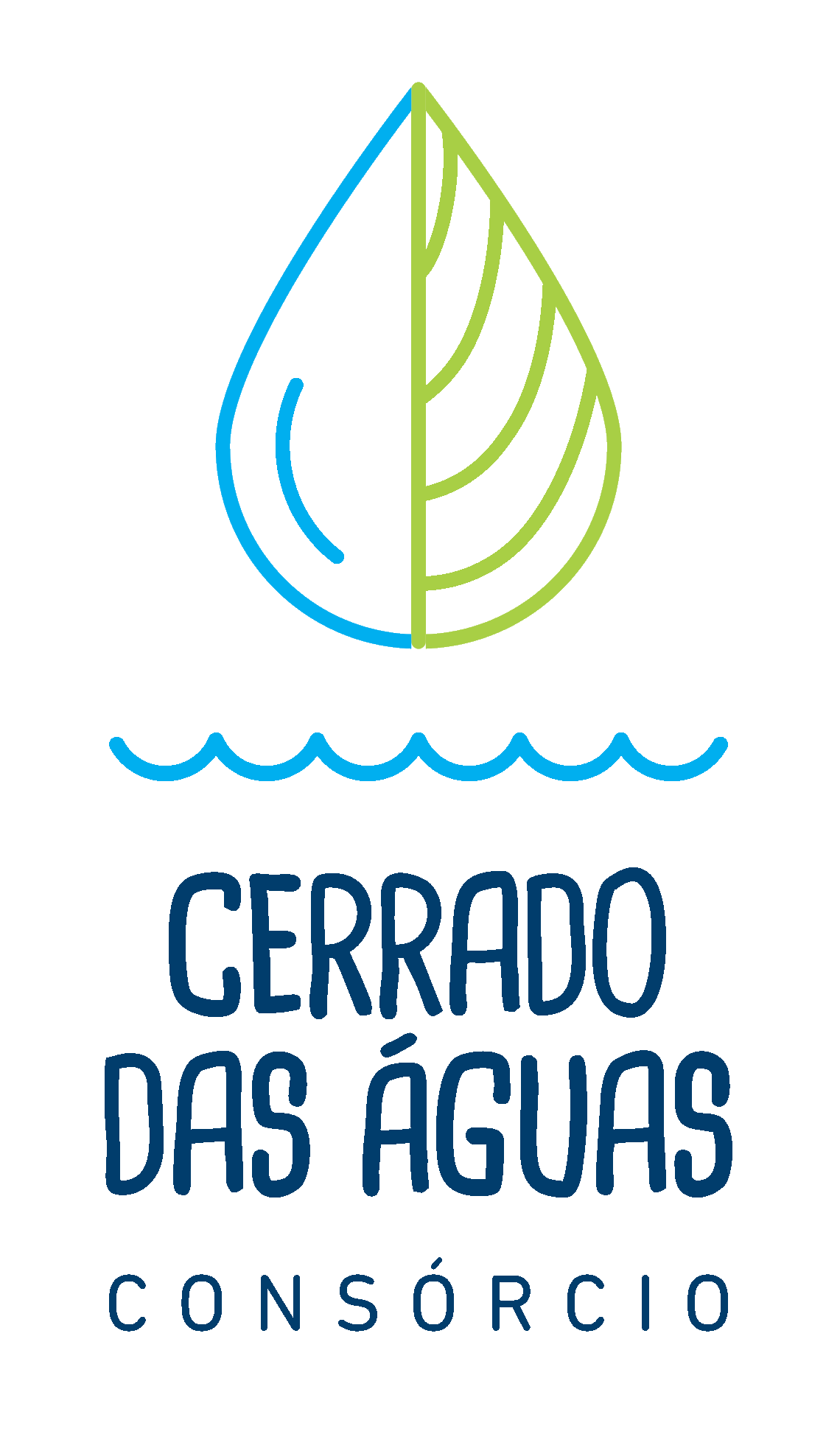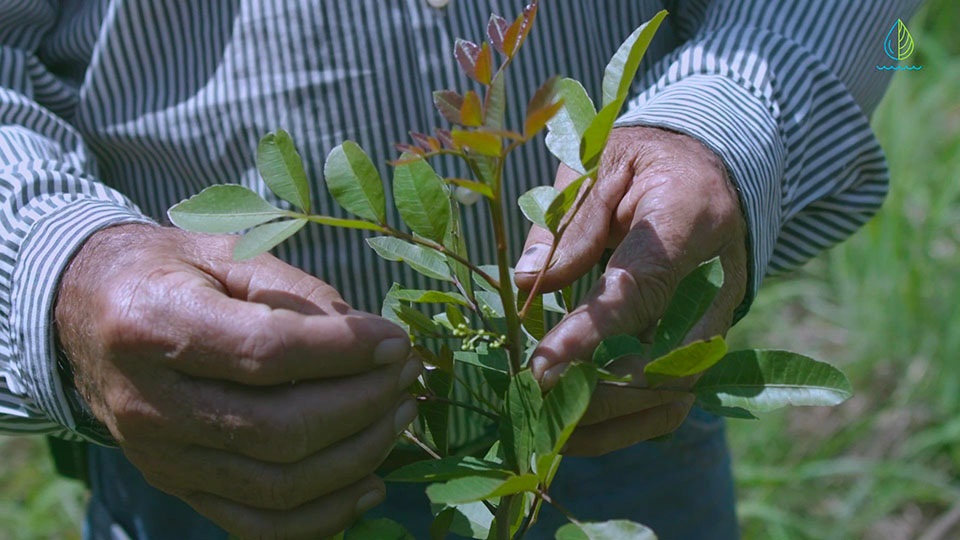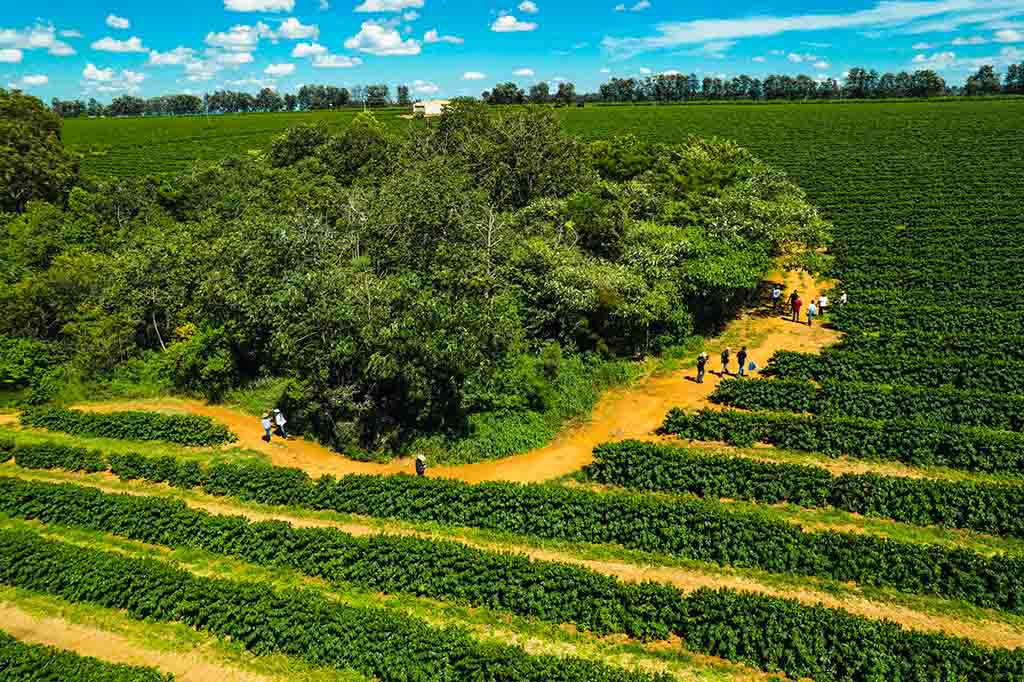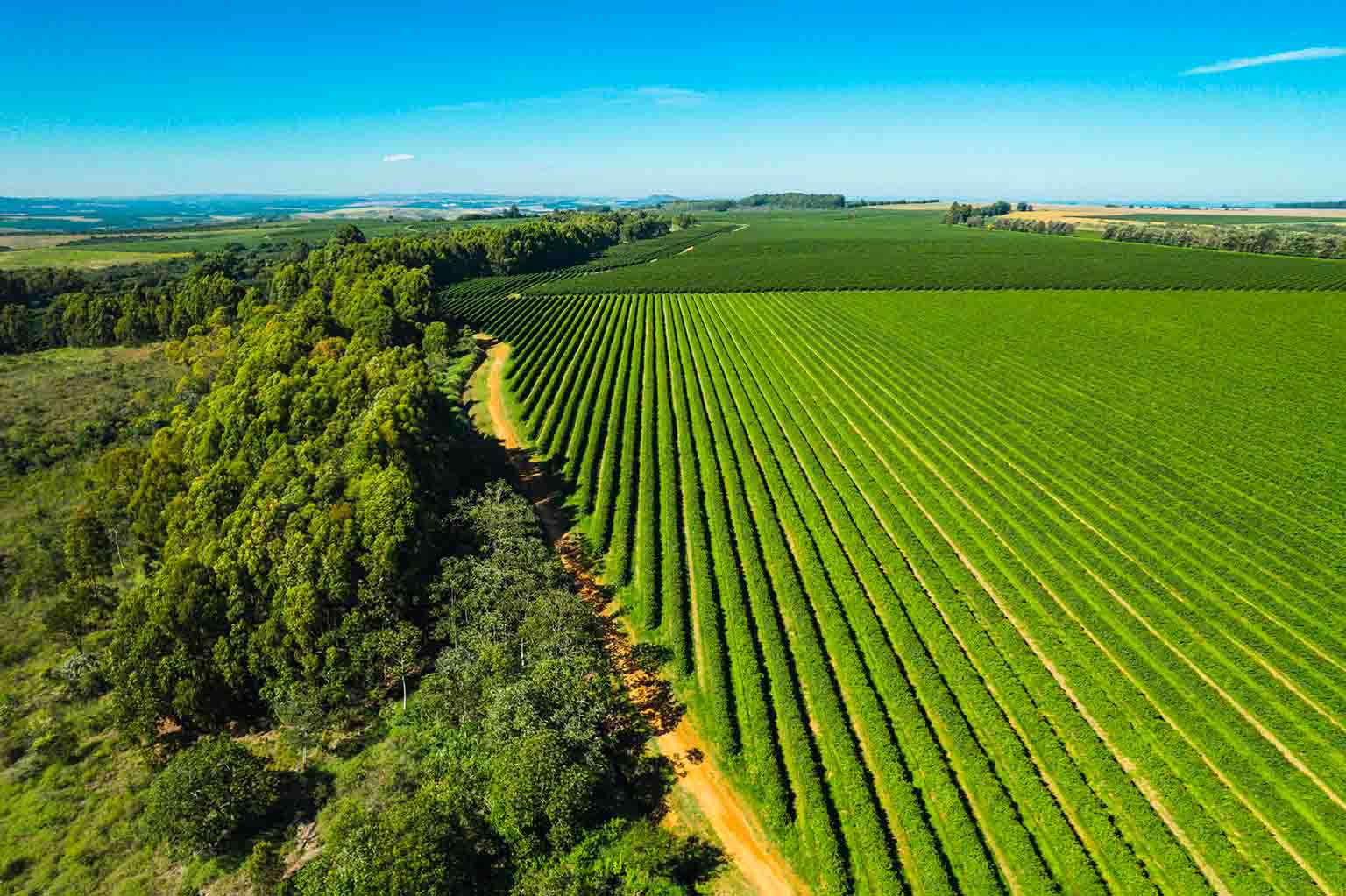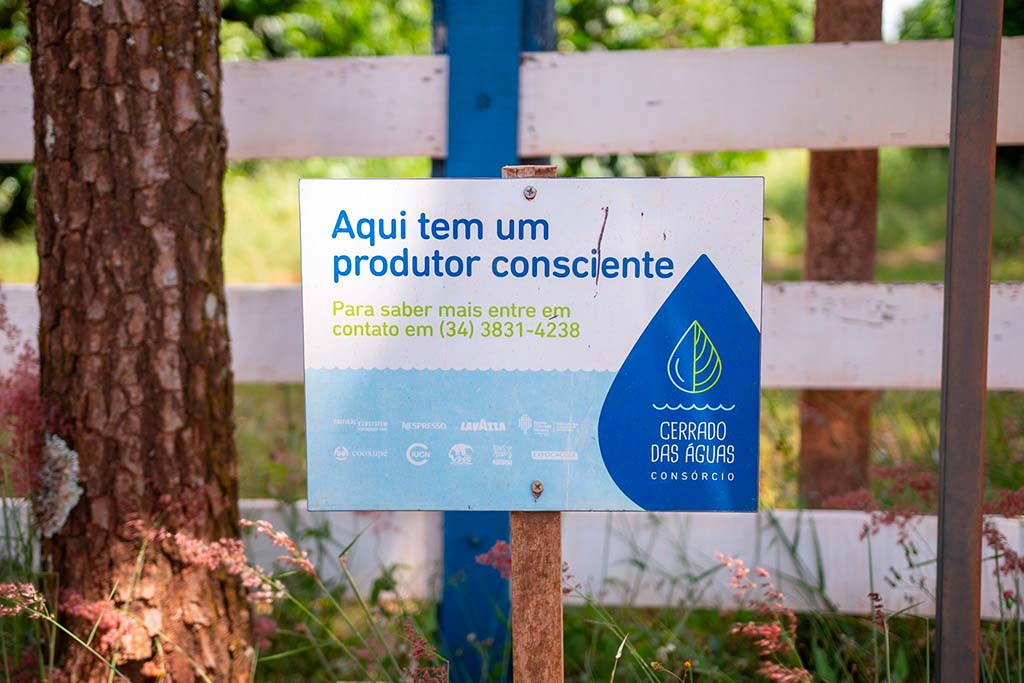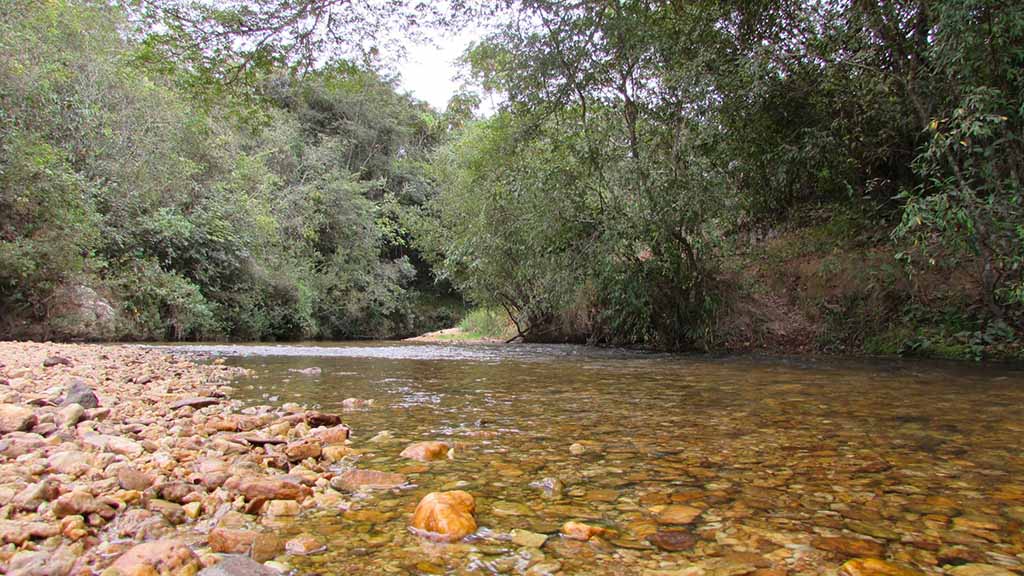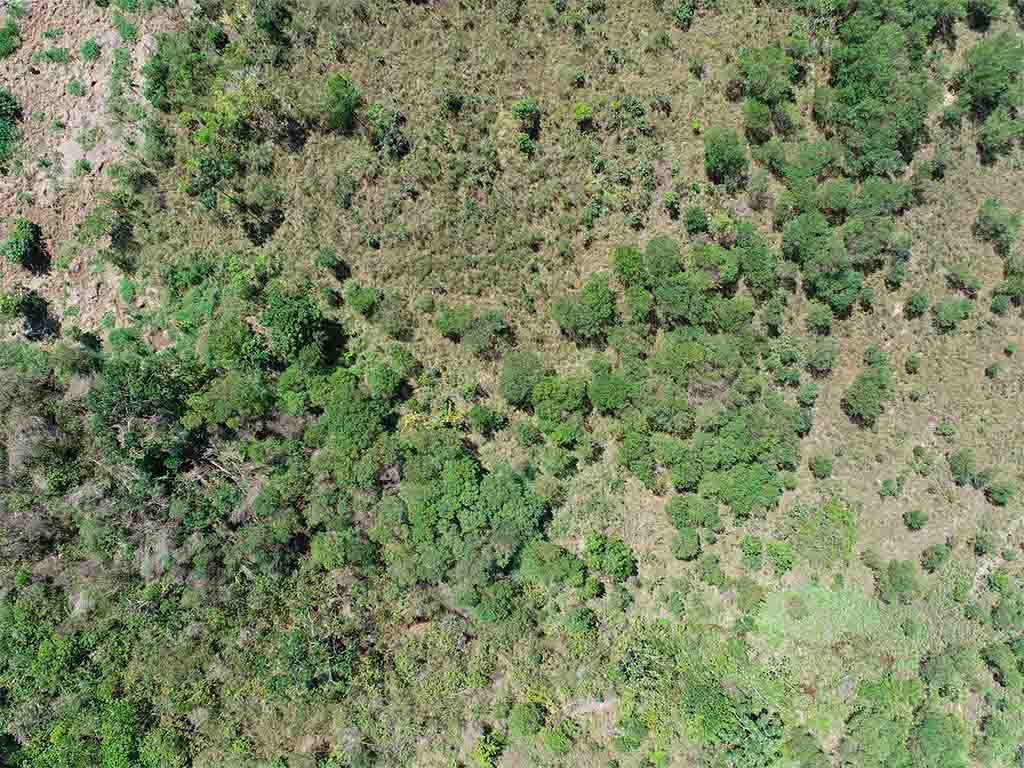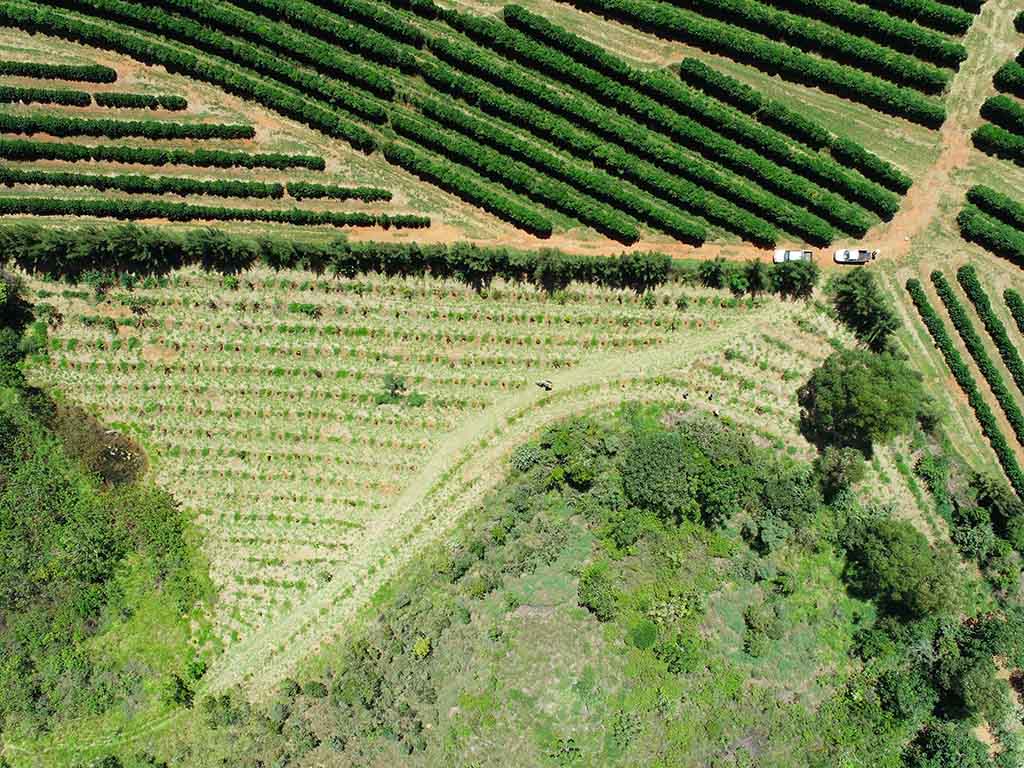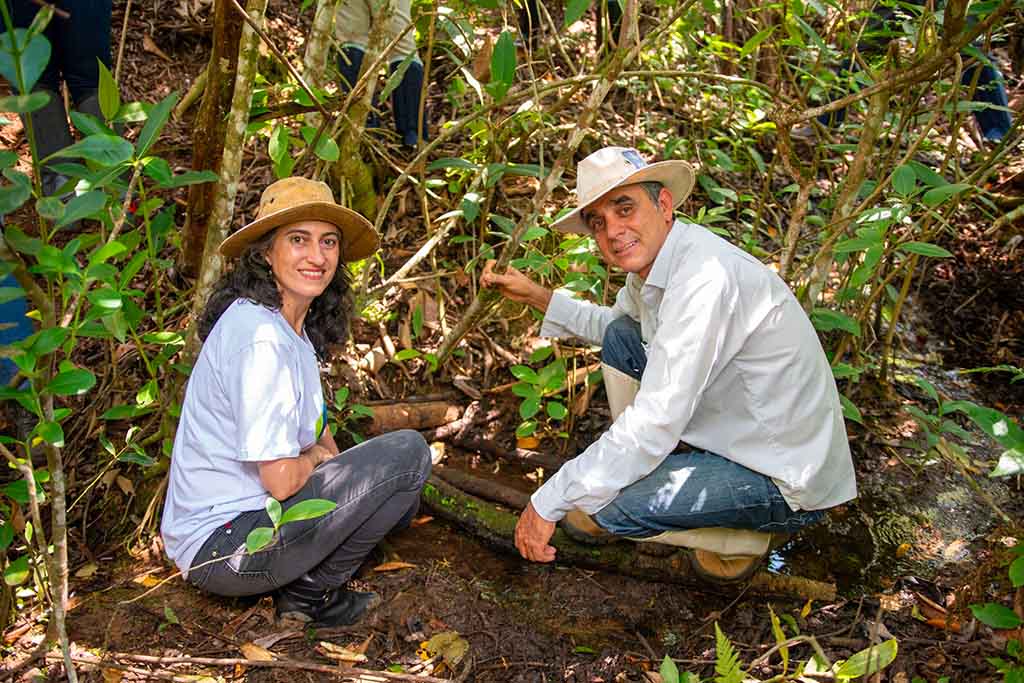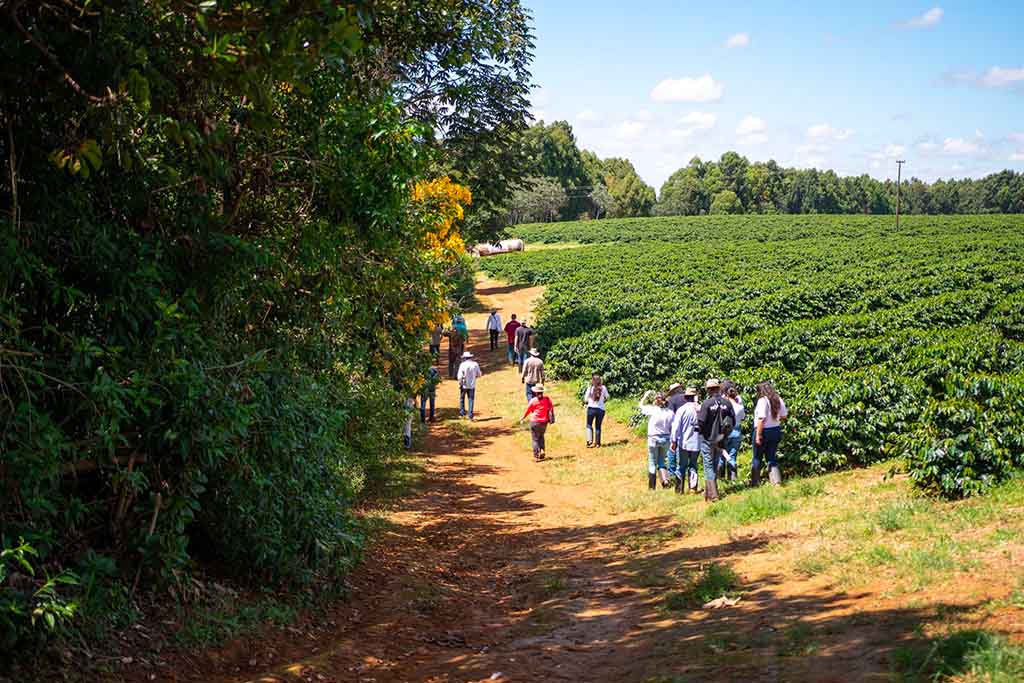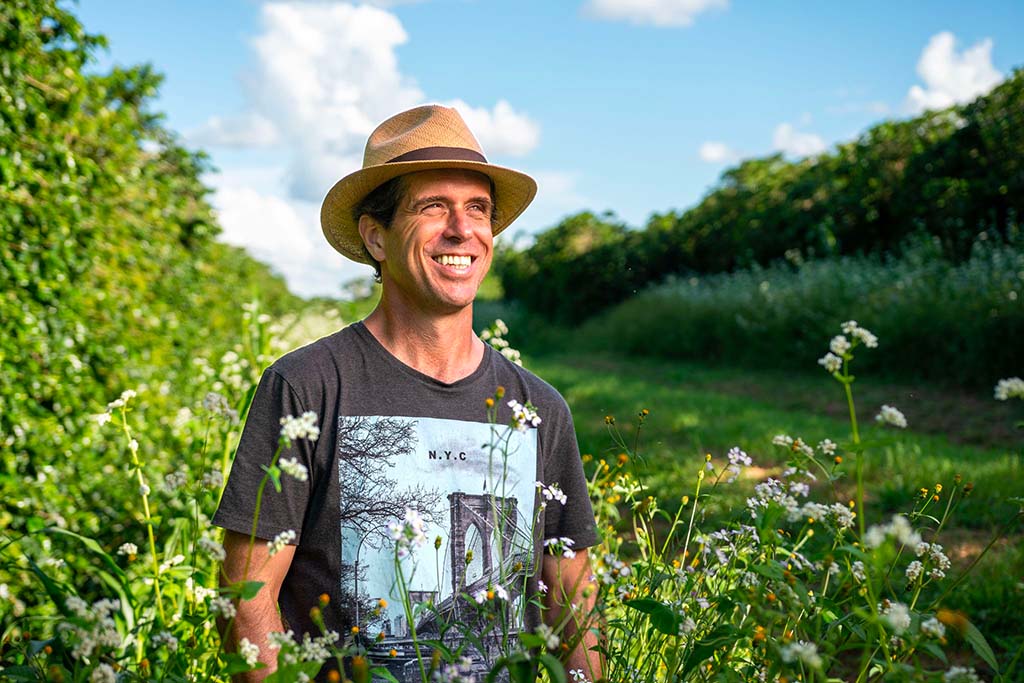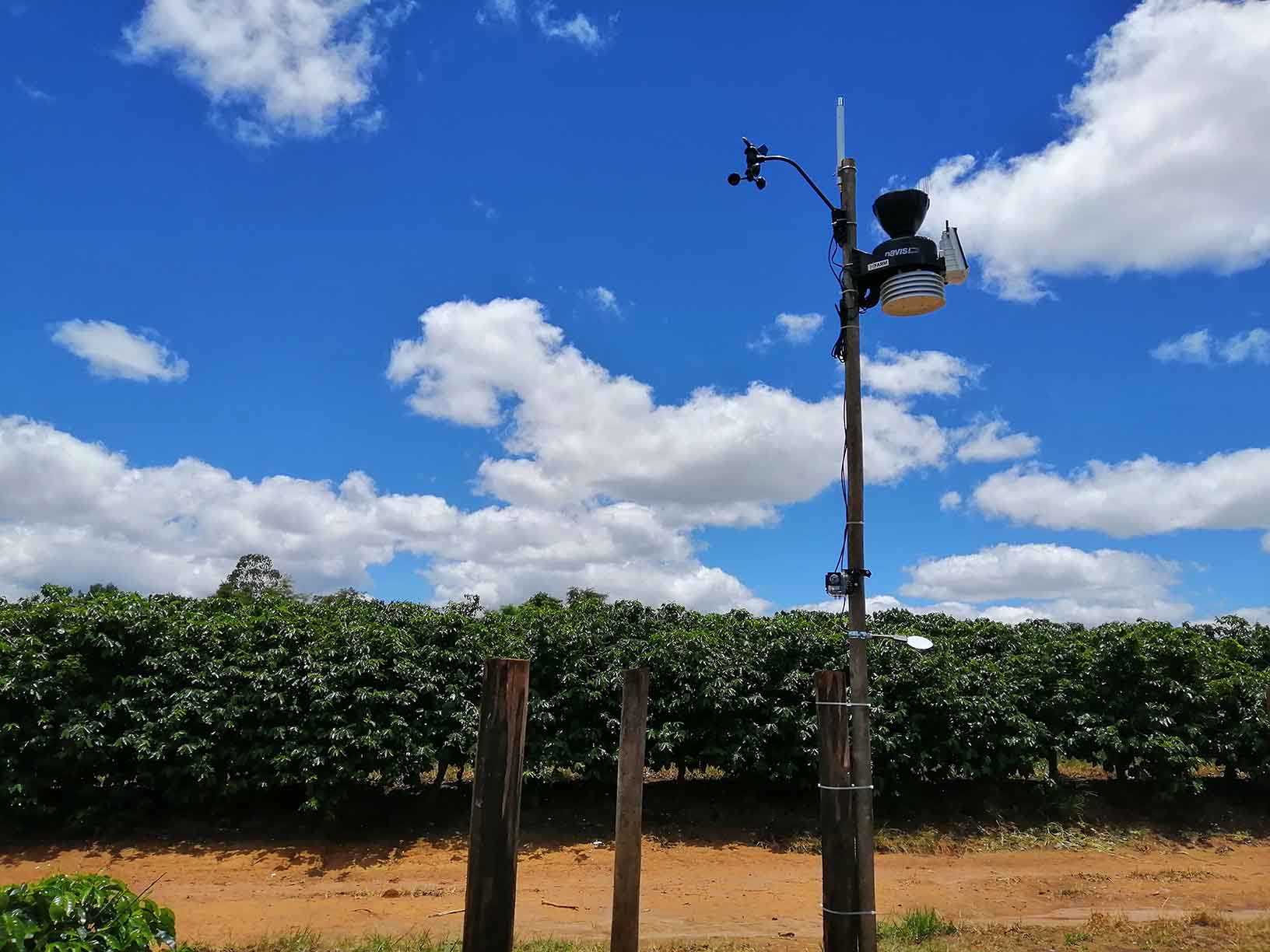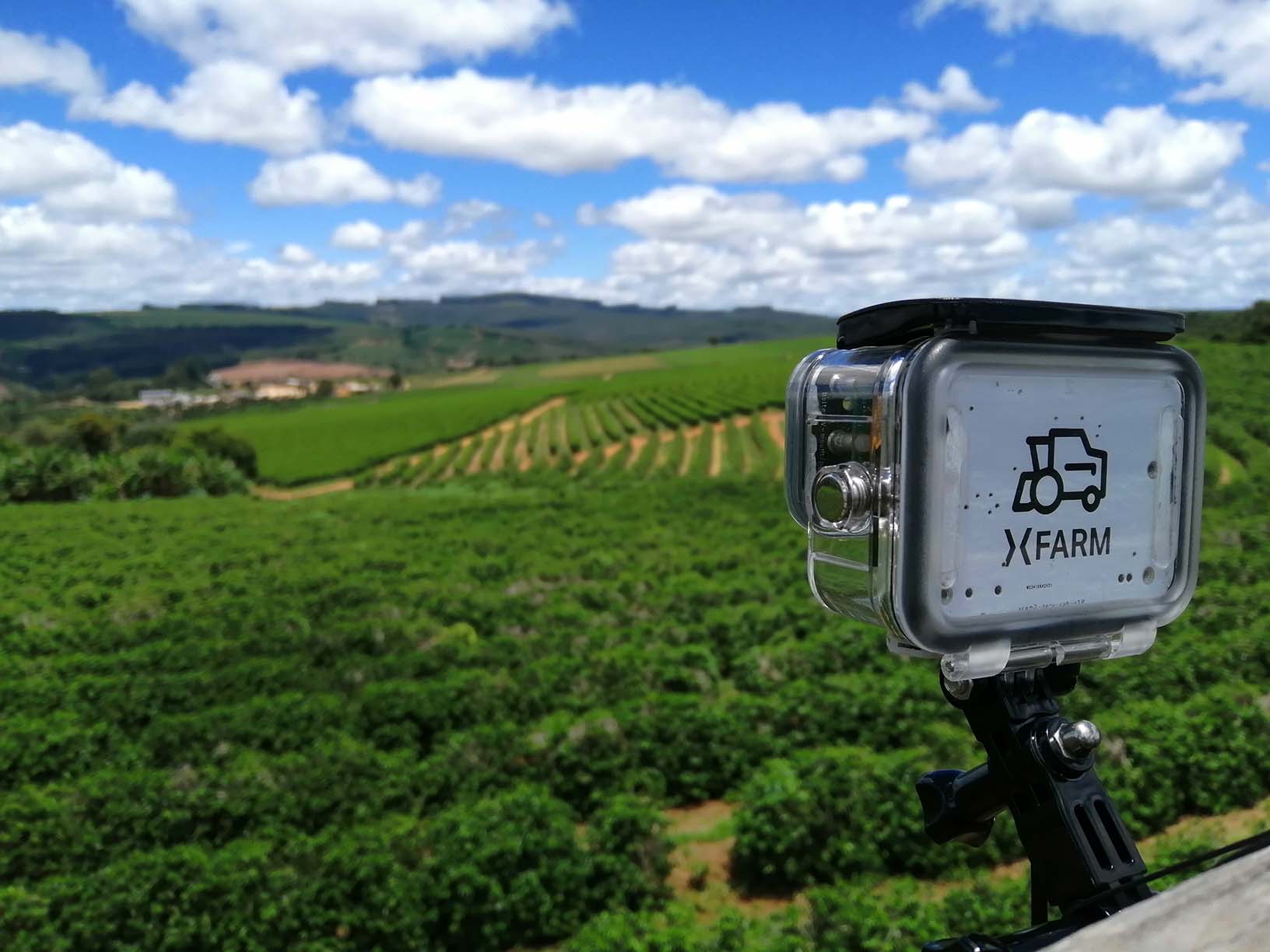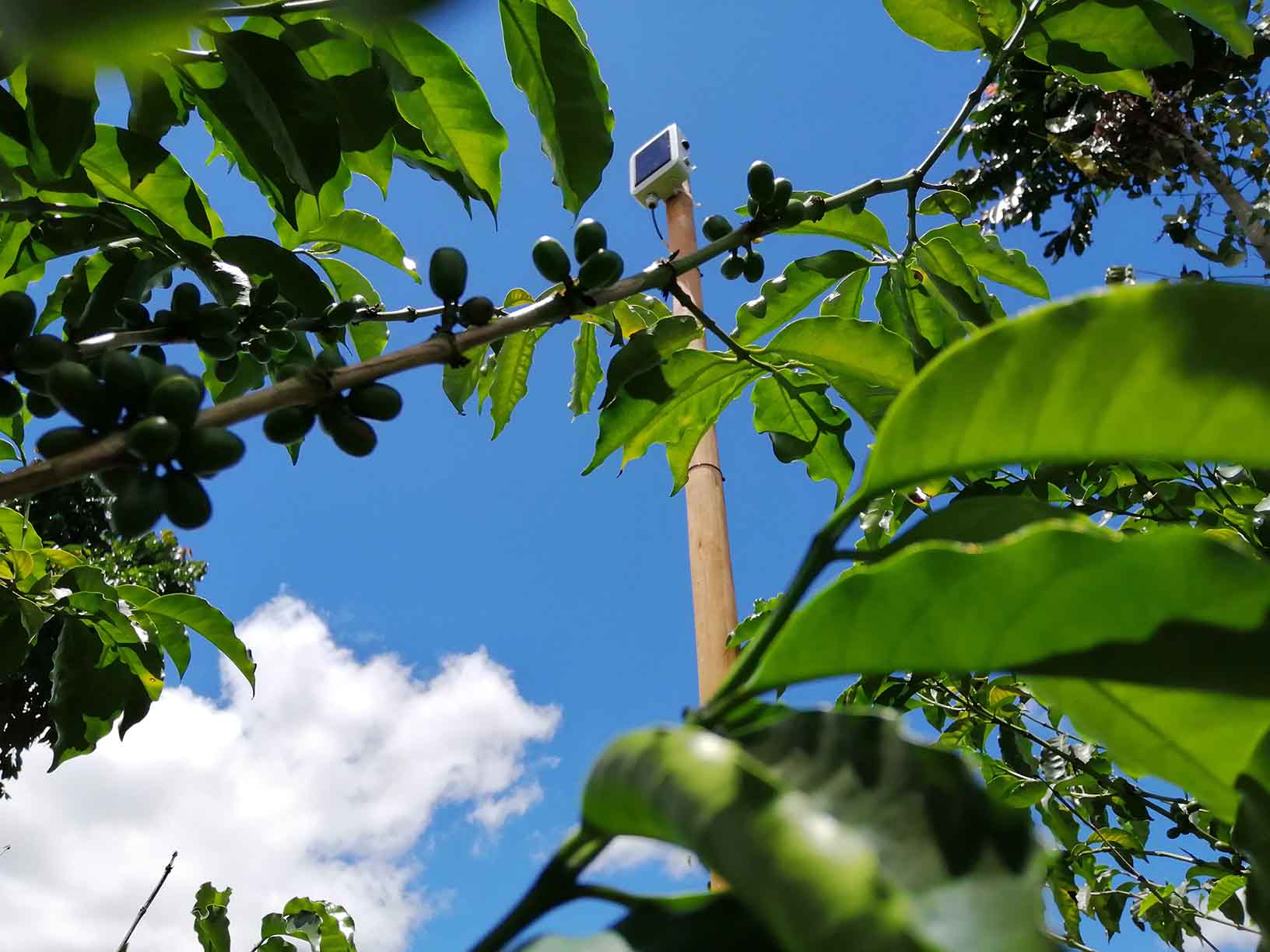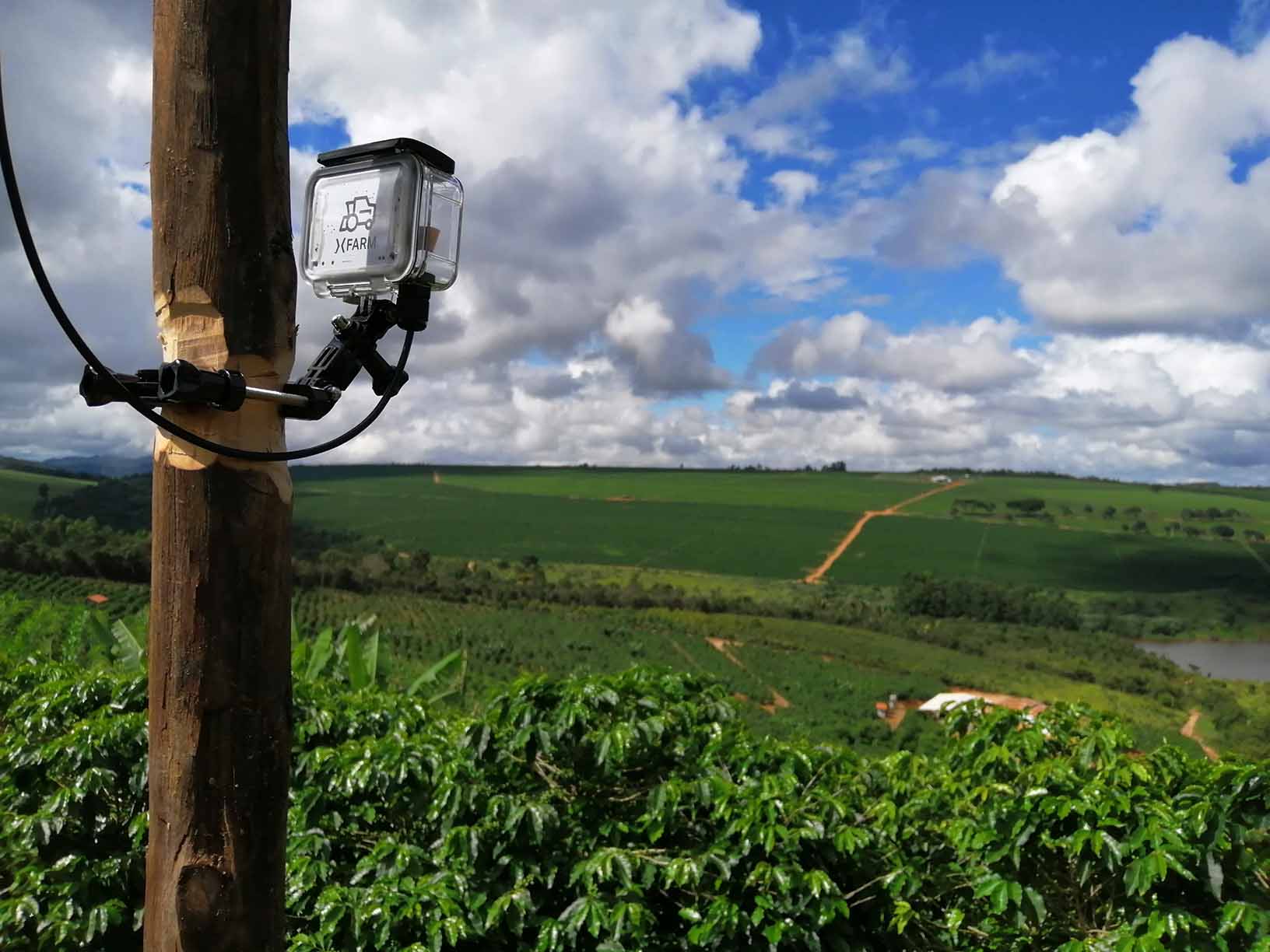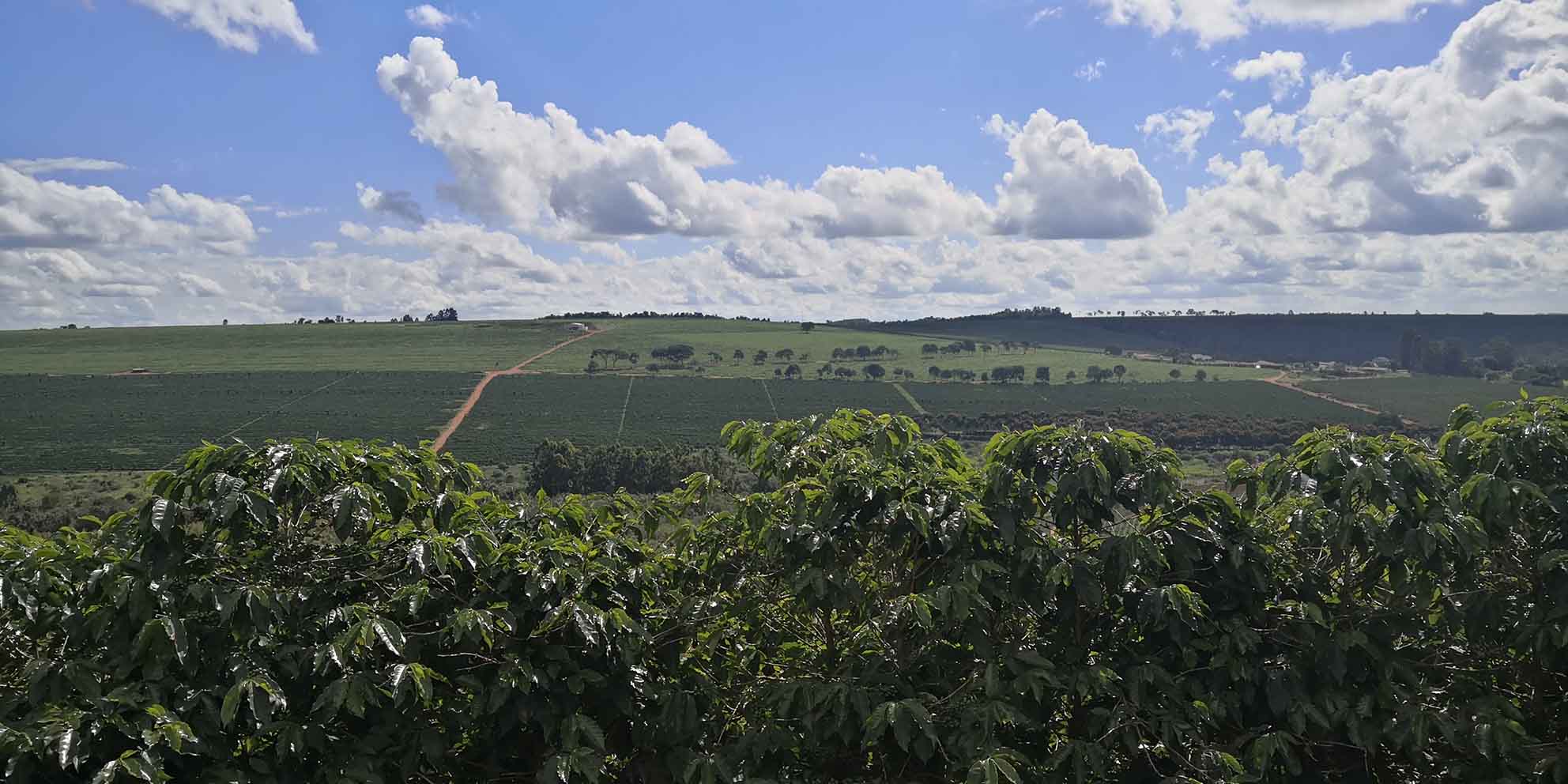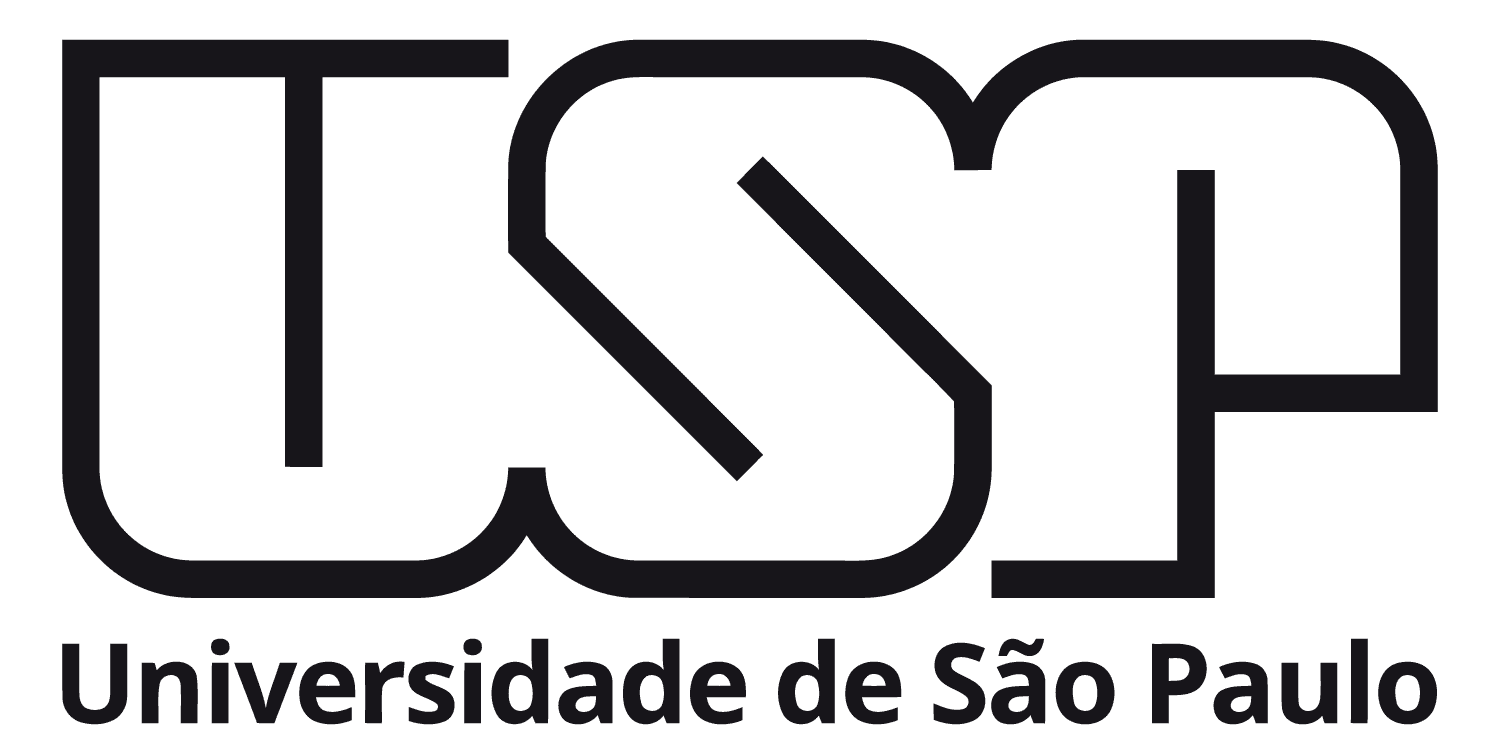
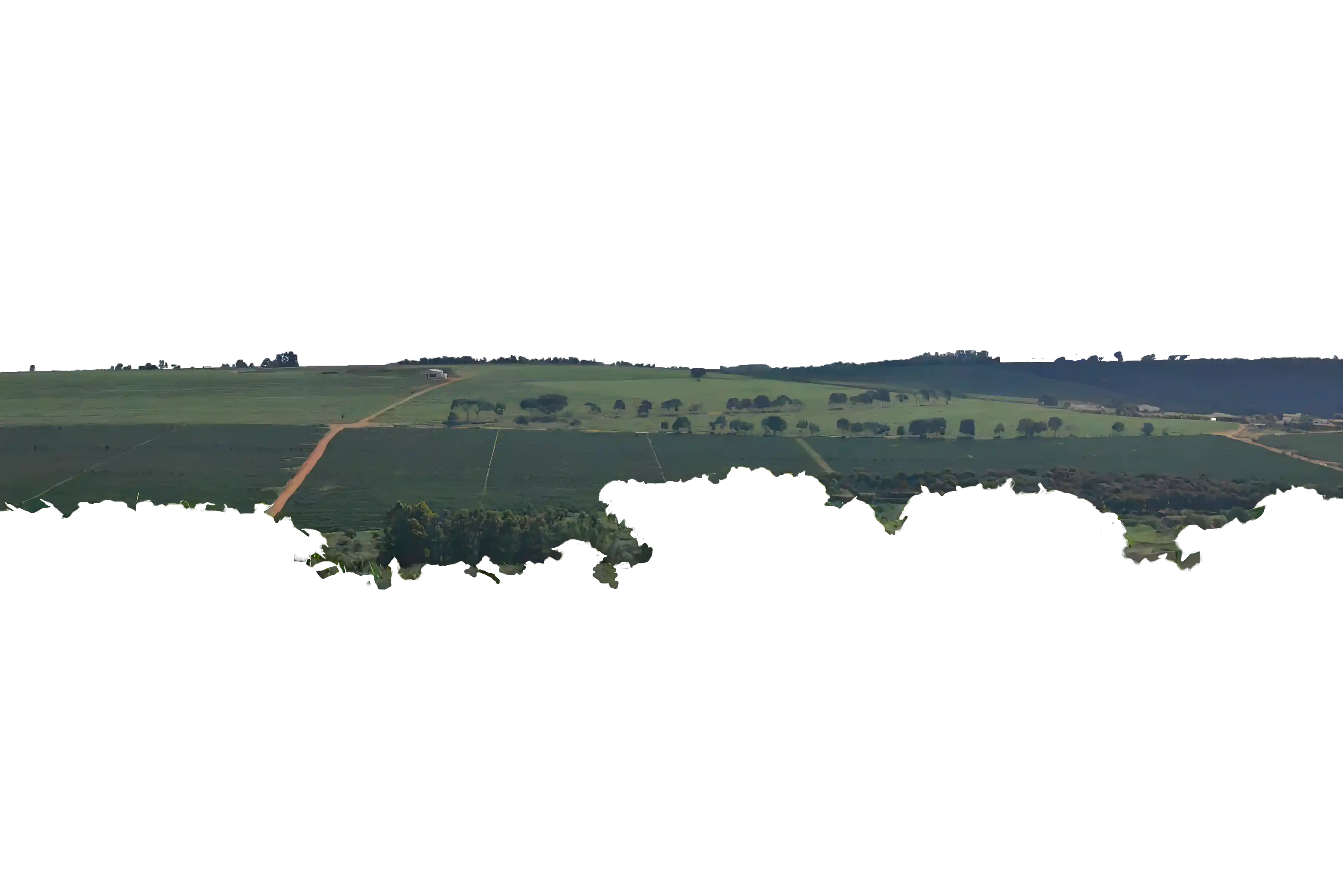
BRAZIL
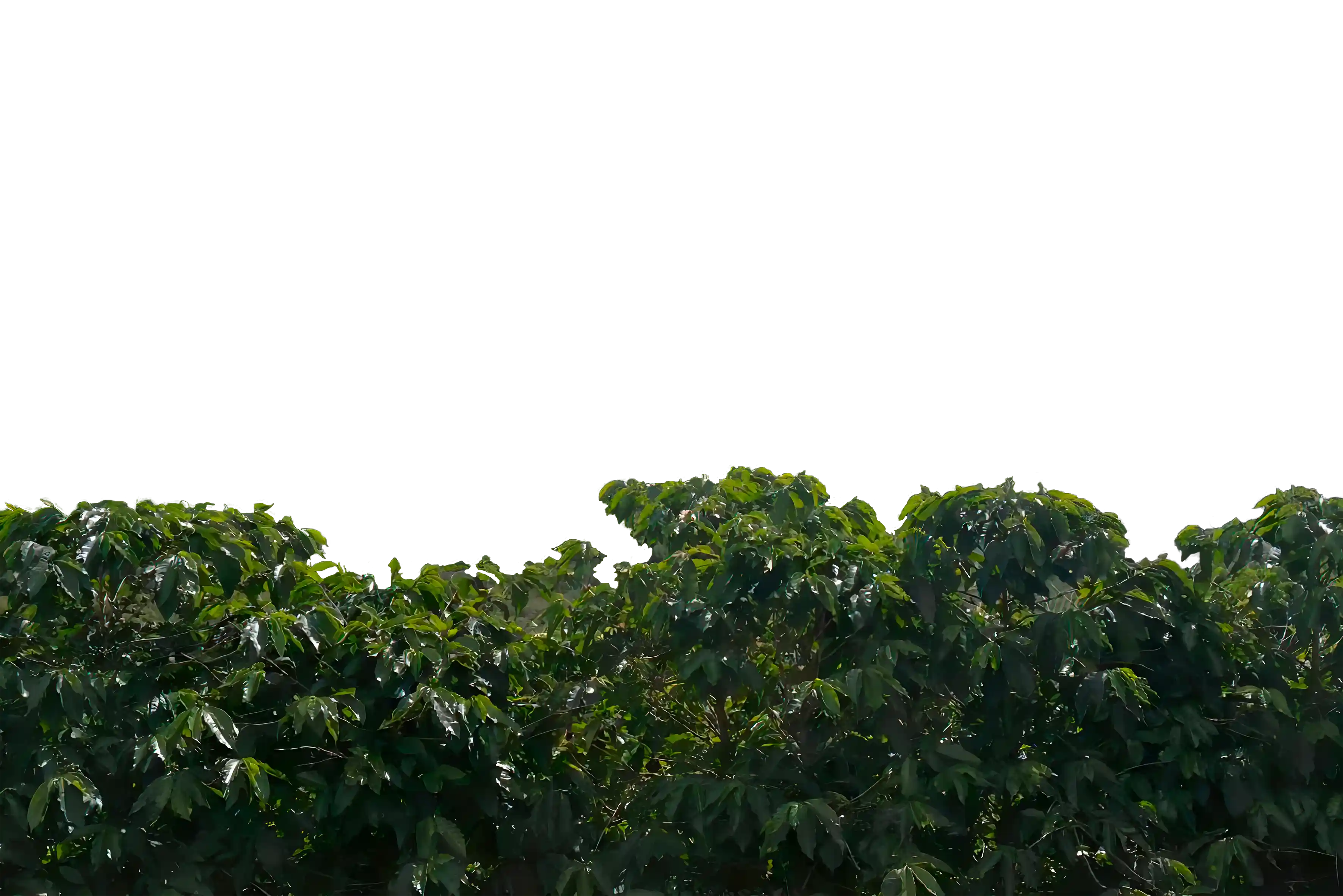
PROJECT #1
COFFEE FOR FUTURE GENERATIONS
GEOGRAPHIC AREA
Campo das Vertentes Region, Minas Gerais
OPERATING SINCE
PEOPLE INVOLVED
AIM
Promotion of climate-resilient coffee production systems
RESULTS OBTAINED
of the producers involved use at least one recommended practice for adapting to or mitigating climate change
hectares of coffee impacted
of Farmer Organizations have their operational plans
demo plots to field tests new technologies, climate-smart fertilization systems, cover crops
different fertilizers evaluated for the climate smart fertilization systems
PROJECT #2
ENHANCING SOCIAL WELFARE
Collective Action Initiatives (CAI’s) involve multiple companies and organizations from the coffee world collaborating in a pre-competitive way by identifying critical issues and sharing good practices
GEOGRAPHIC AREA
Minas Gerais and Espirito Santo
OPERATING SINCE
PEOPLE INVOLVED
AIM
Promote and raise awareness among producers and organizations working in the field about decent living and working conditions so that exploitative situations do not occur
RESULTS OBTAINED
technicians and agronomists trained in decent work conditions
sets of filters installed to ensure drinking water in facilities housing workers during coffee harvesting
Qualitative study on
«living wage & living income»
PROJECT #3
PROTEGENDO MINAS
The Consortium works with multiple actors in the coffee supply chain, implementing activities to improve soil and water management, convey information and knowledge exchange through awareness-raising services for farmers, and promote legal compliance on farms, including the application of the Brazilian Forest Code at landscape level
GEOGRAPHIC AREA
Minas Gerais
Serra do Salitre, Coroman, Carmo do Paranaíba, Rio Paranaíba, Araguari, Monte CarmeloOPERATING SINCE
PEOPLE INVOLVED
AIM
Promoting the conservation and restoration of native vegetation in the State of Minas Gerais to safeguard the water reserves. The Cerrado is, in fact, one of the main sources of water for Brazil
RESULTS OBTAINED
Hectares involved in environmental restoration activities
Native trees planted
active partnerships between NGOs, municipalities, universities, cooperatives, and traders
hectares dedicated to planting new trees
hectares dedicated to the implementation of agroforestry systems
PROJECT #4
ANCESTRAL COFFEE
Quilombola communities are made up of Afro-Brazilian populations that represent about 0.65% of Brazil’s total population. They originated during the era of slavery, when slaves managed to escape from plantations and formed autonomous settlements called “quilombos.”
The rights of the Quilombolas were only recognized for the first time in 1988 with the addition of Article 68 to the Brazilian Constitution, which guarantees the right to collective ownership of land: thus recognizing the historical and cultural importance of the Quilombola communities.
GEOGRAPHIC AREA
Quilombo Alto da Serra do Mar, Rio de Janeiro State
OPERATING SINCE
PEOPLE INVOLVED
AIM
Promotion of agroecological coffee production in the Quilombola communities of Rio de Janeiro, through the recovery and enhancement of history and traditional ancestral practices.
PARTNERS
RESULTS OBTAINED
beneficiaries involved in starting income-generating activities
hectar of coffee implemented
of producer cooperatives have implementation plans
group of trained young people
Training workshops for 12 young people
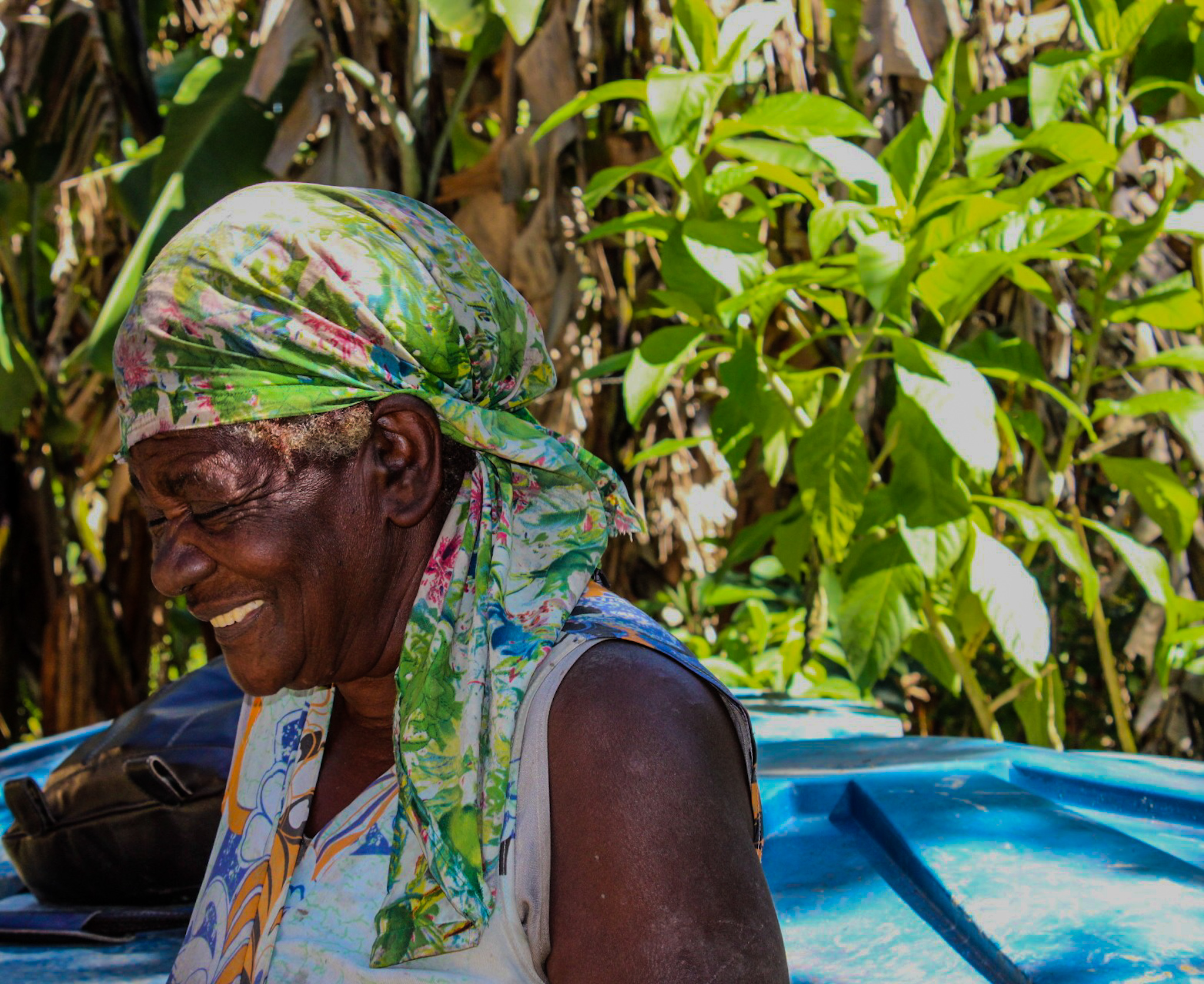
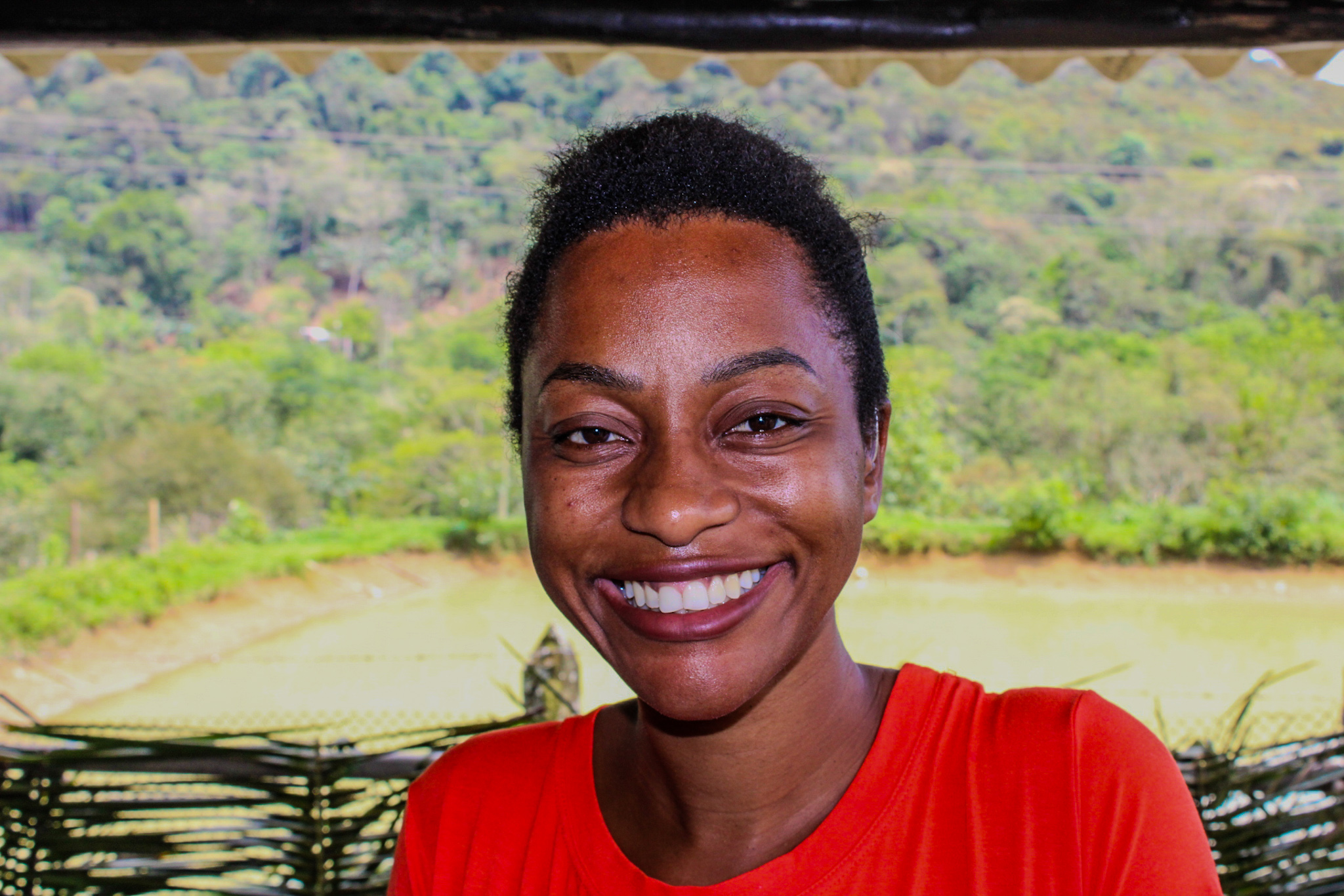
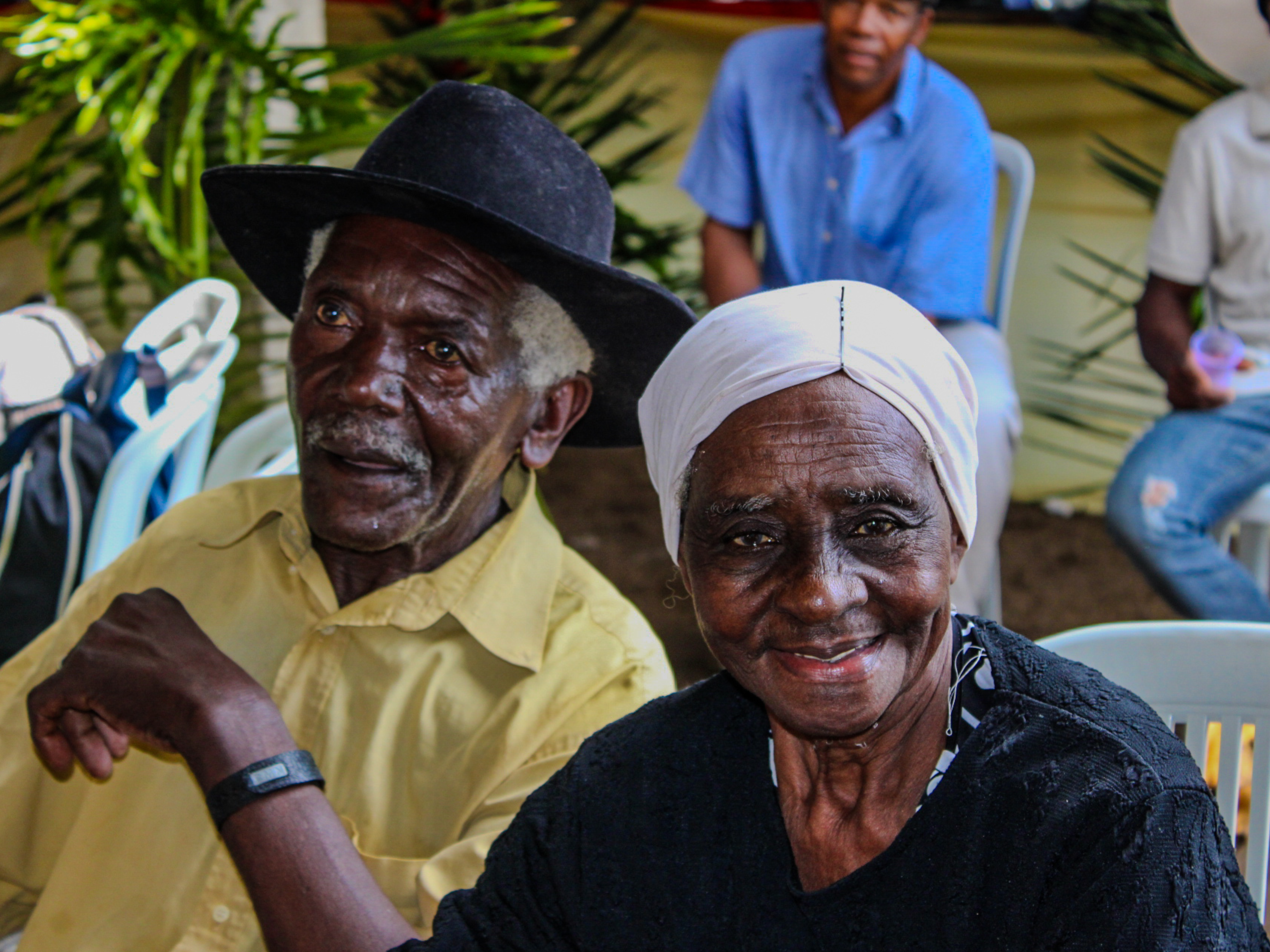
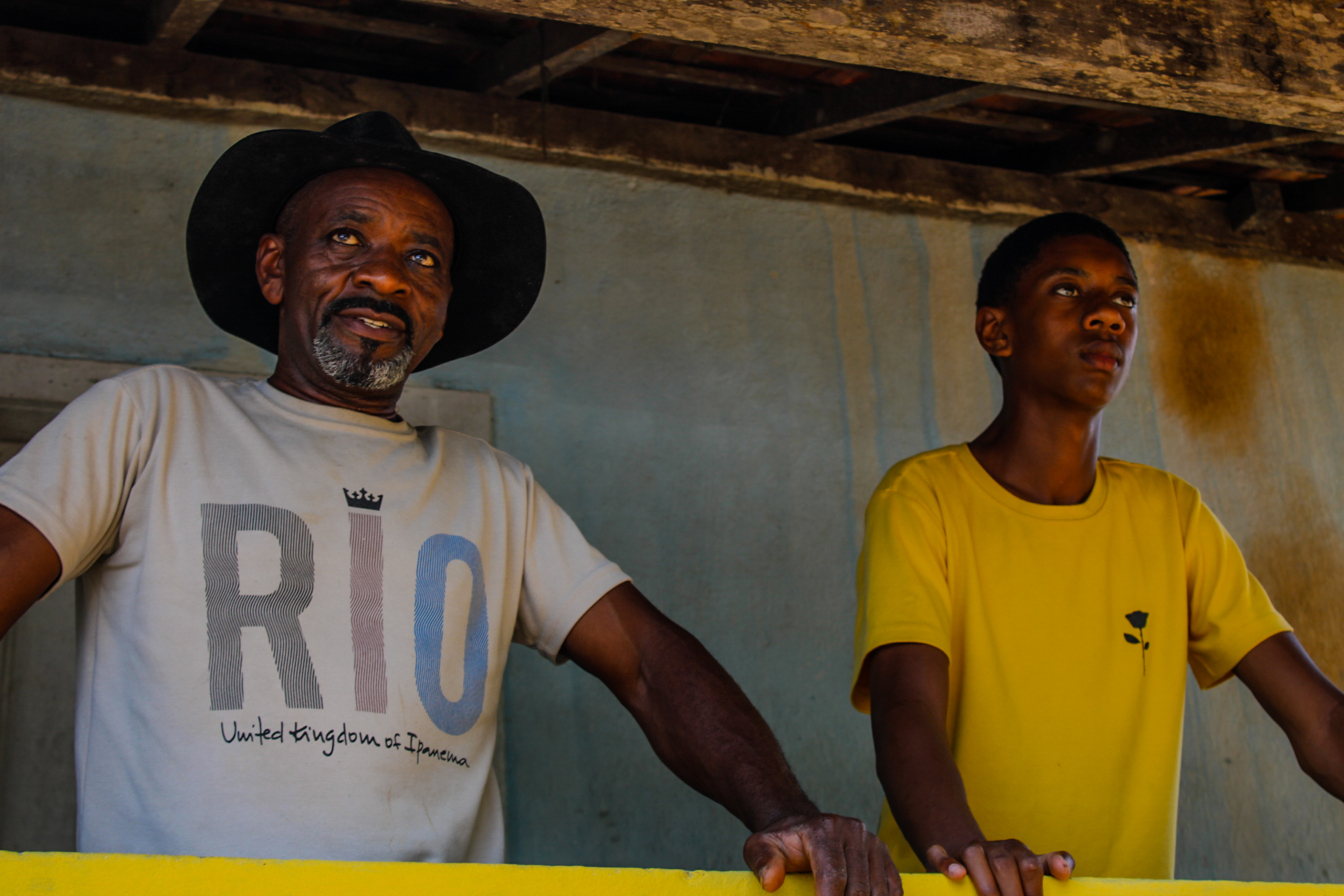
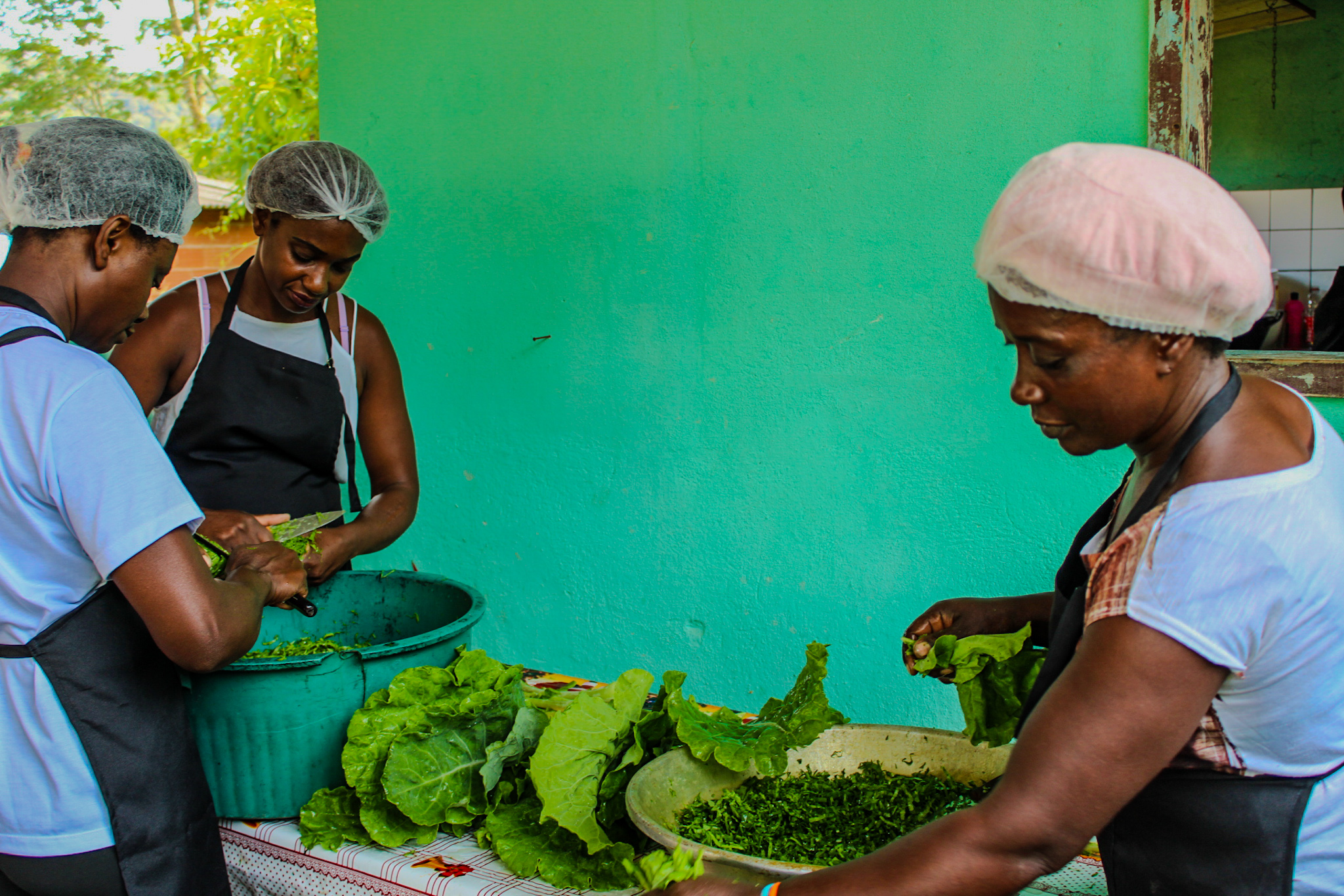
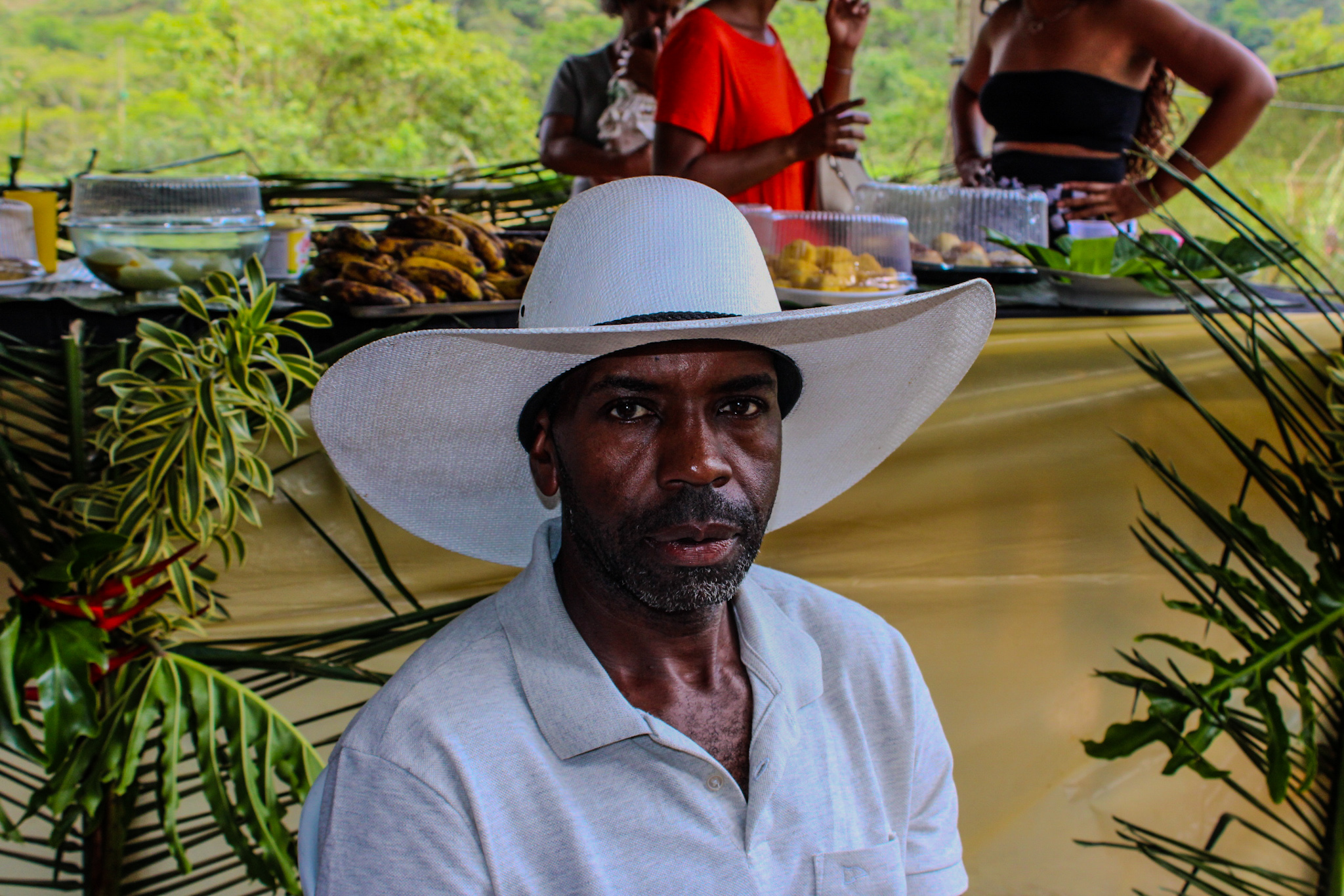
PROJECT #5
Mão de Obra e cafè
GEOGRAPHIC AREA
Minas Gerais
OPERATING SINCE
PEOPLE INVOLVED
AIM
Research and development project to identify the most suitable irrigation strategy in coffee plantations and measure water consumption per hectare compared to conventional irrigation practices
PARTNERS
RESULTS OBTAINED
xNode field sensor implemented on field
Reduction in water use by using xNode and xSense sensors
PROJECT #5
SALVAR A GOTA DE AGUA
Three different irrigation strategies were applied in the plantation to evaluate the best approach: one zone with traditional irrigation, one in which a mix between the standard method and the new strategy by trying to halve the amount of water, and one zone in which only the new strategy is applied, thus only irrigating at the time and in the quantities indicated by the experimental apparatus
GEOGRAPHIC AREA
Minas Gerais
OPERATING SINCE
PEOPLE INVOLVED
AIM
Research and development project to identify the most suitable irrigation strategy in coffee plantations and measure water consumption per hectare compared to conventional irrigation practices
RESULTS OBTAINED
xNode field sensor implemented on field
Reduction in water use by using xNode and xSense sensors
PROJECT #6
ESTIMATE GREENHOUSE GAS EMISSIONS AND SEQUESTRATION
The results of the study indicate that the adoption of good practices in coffee cultivation, in addition to increasing productivity, generates greater carbon sequestration in plants and soil than traditional management
